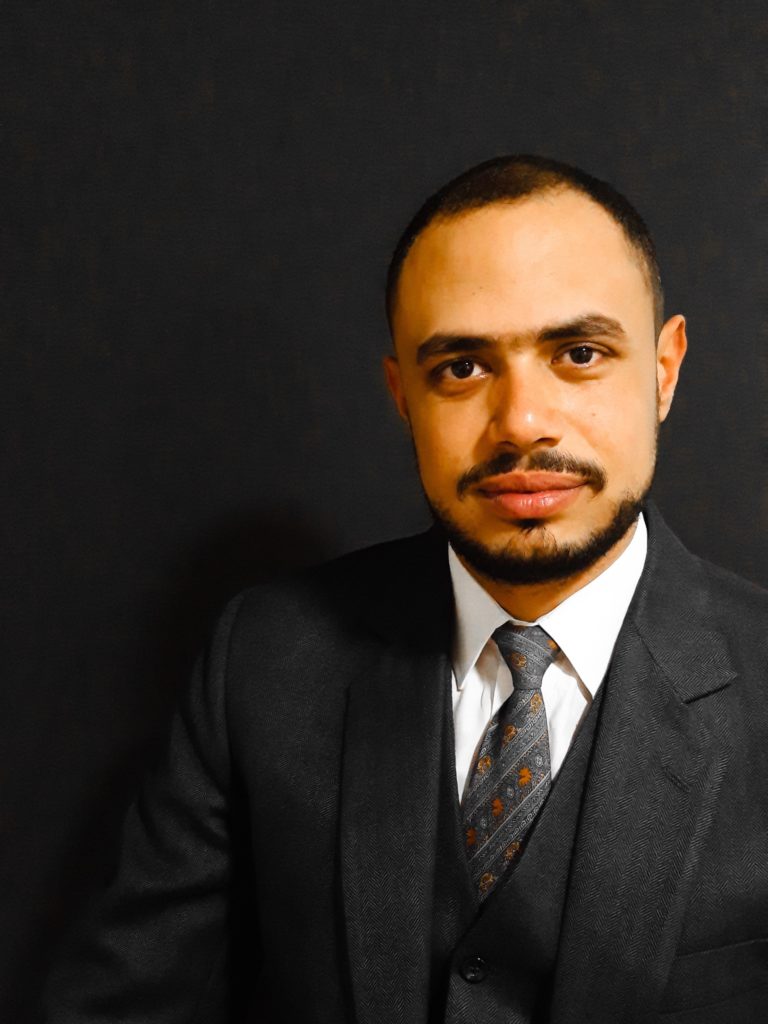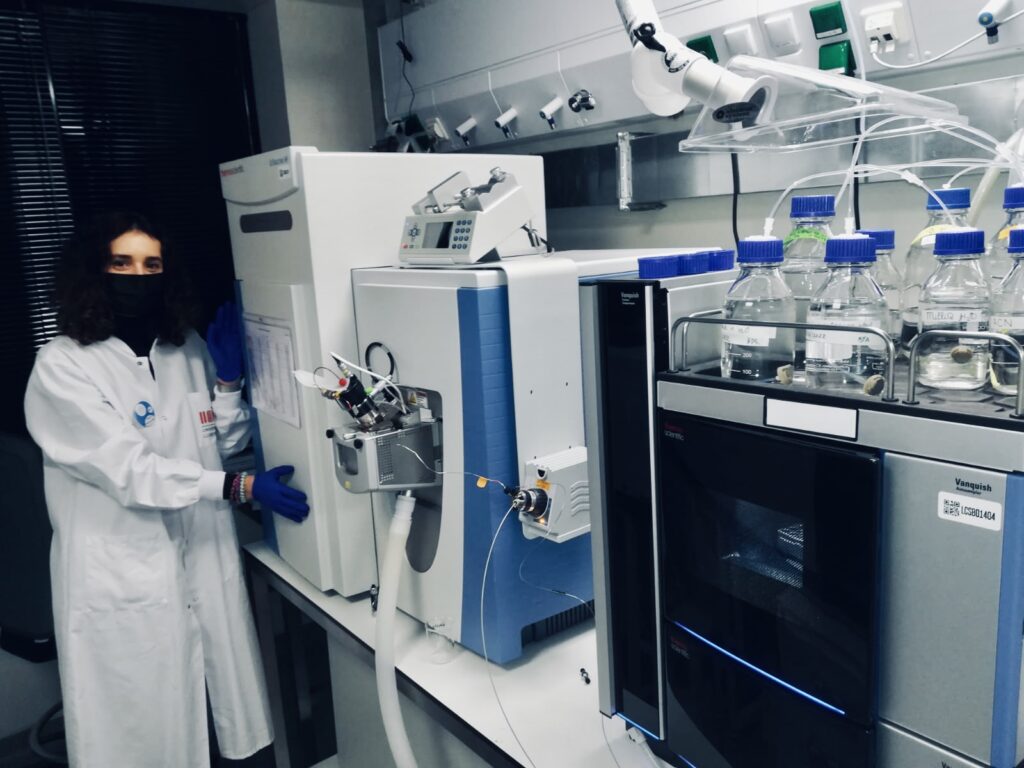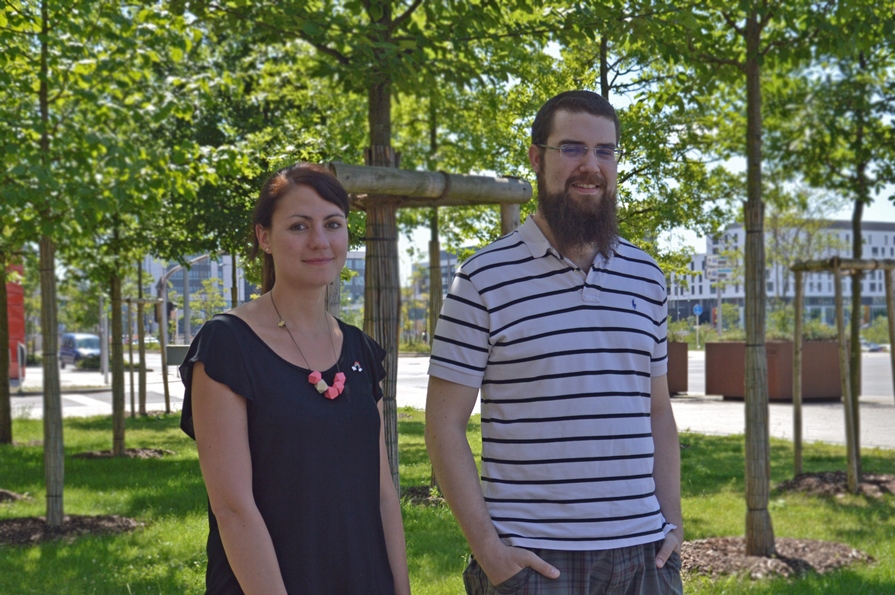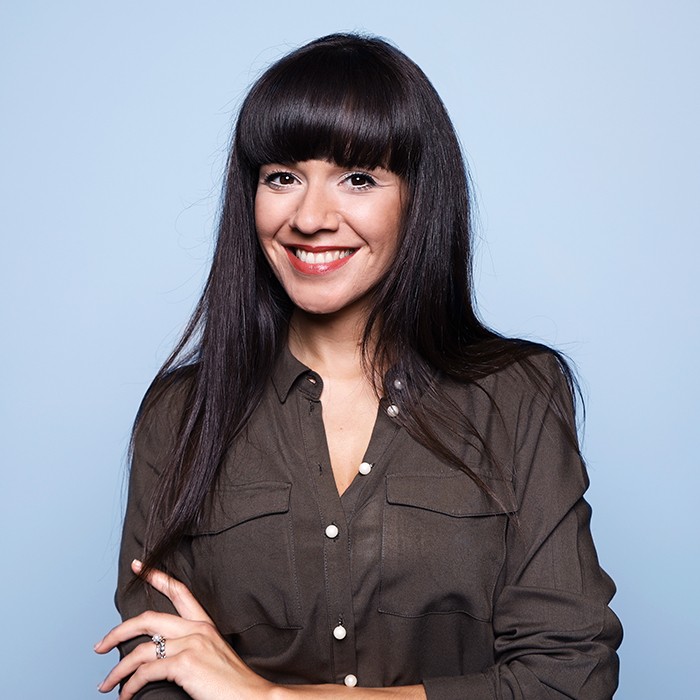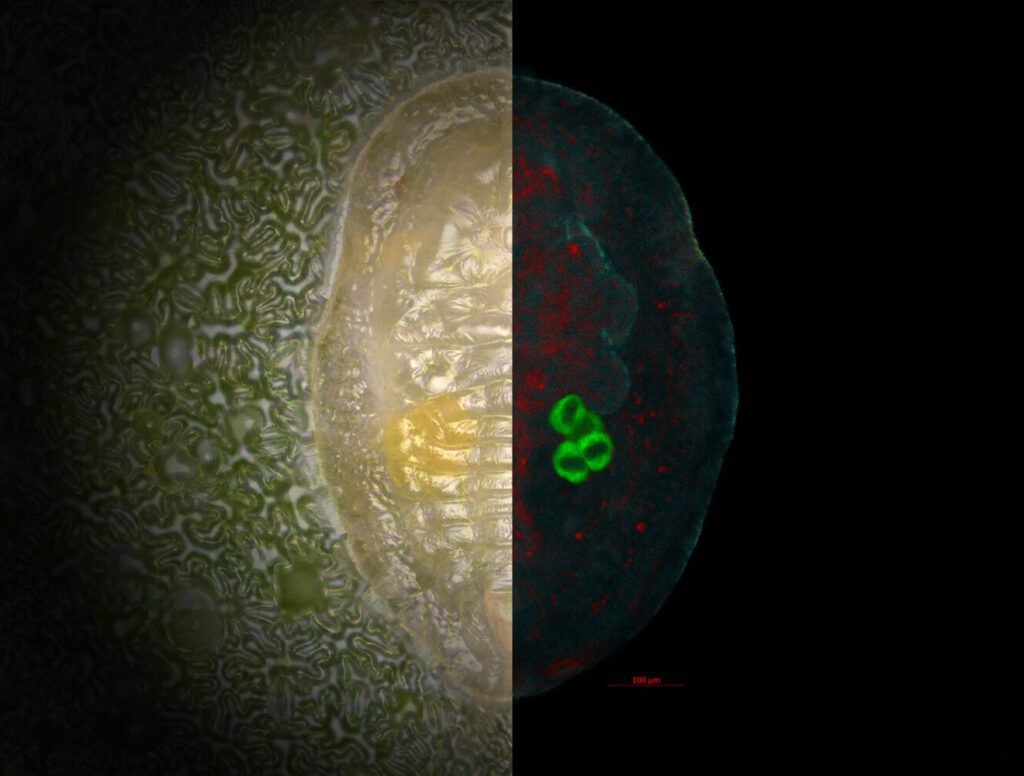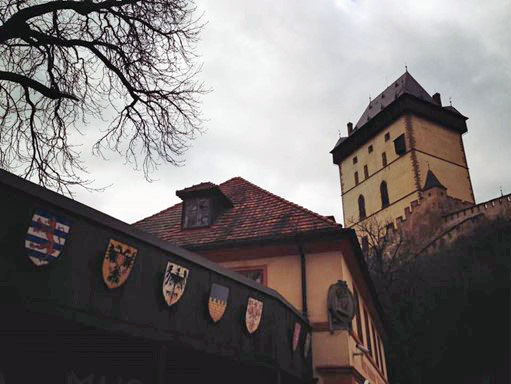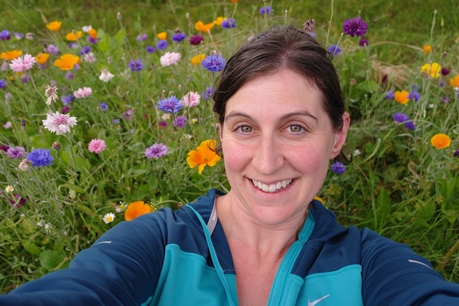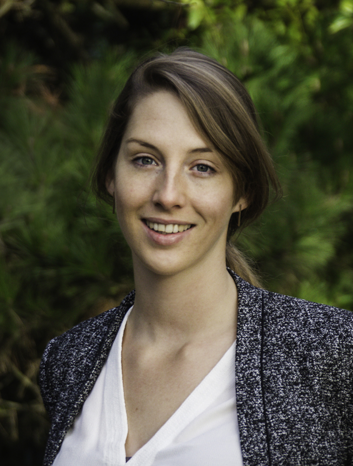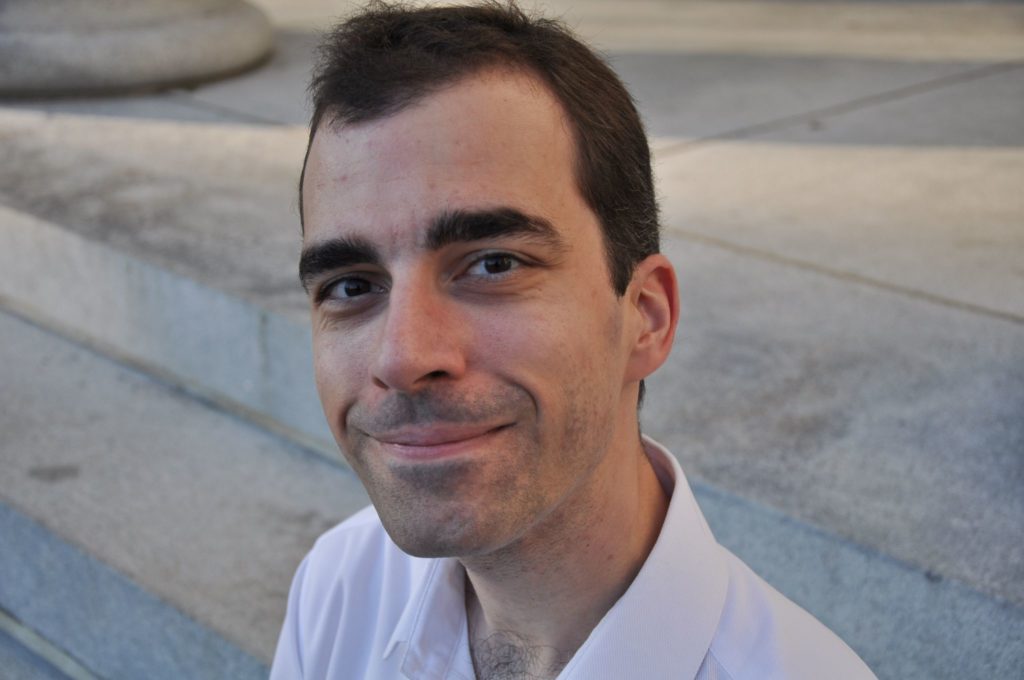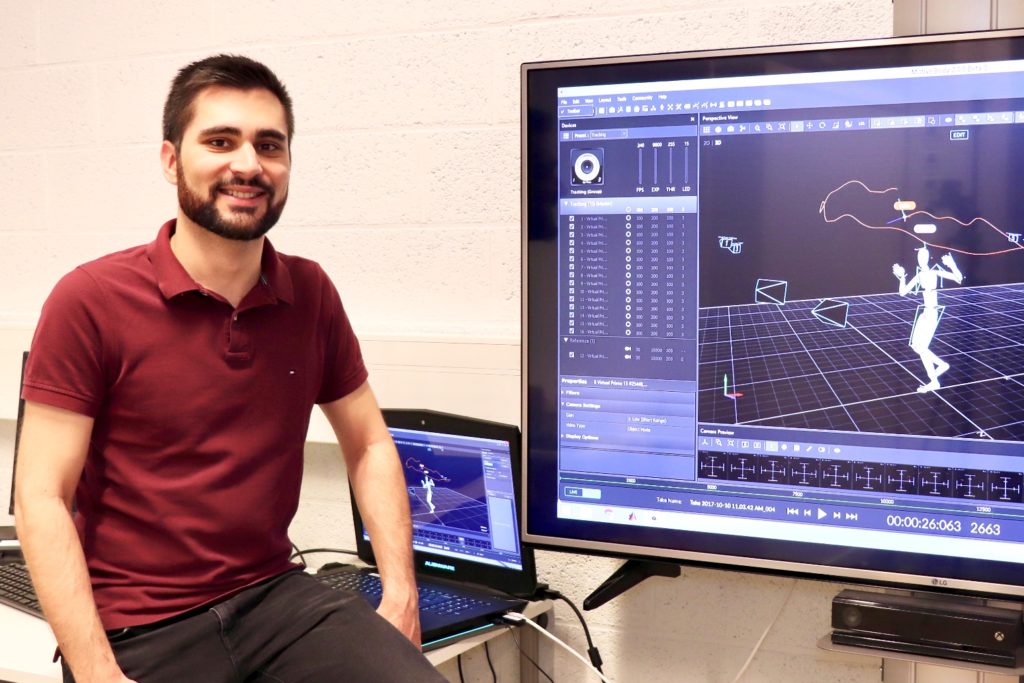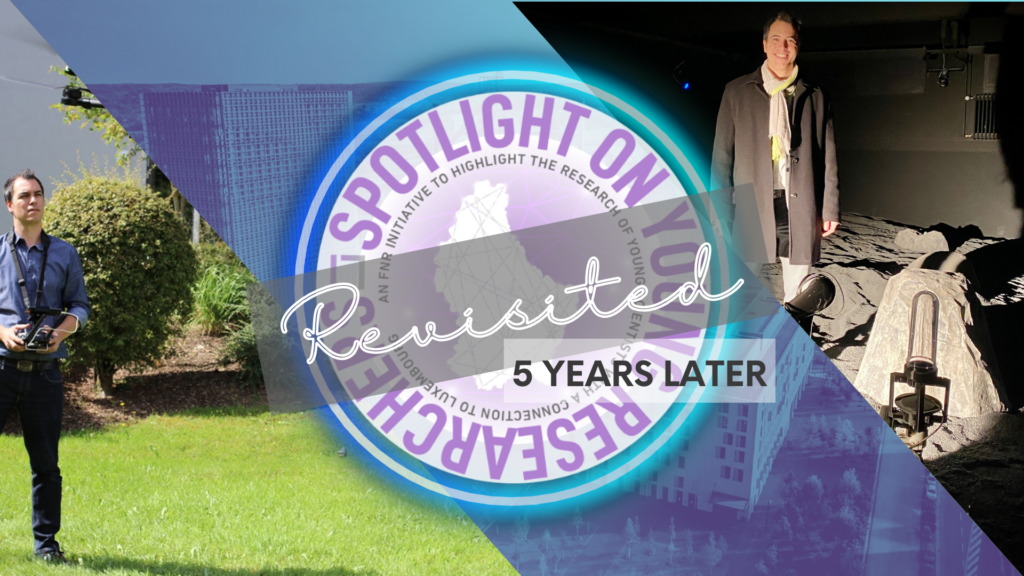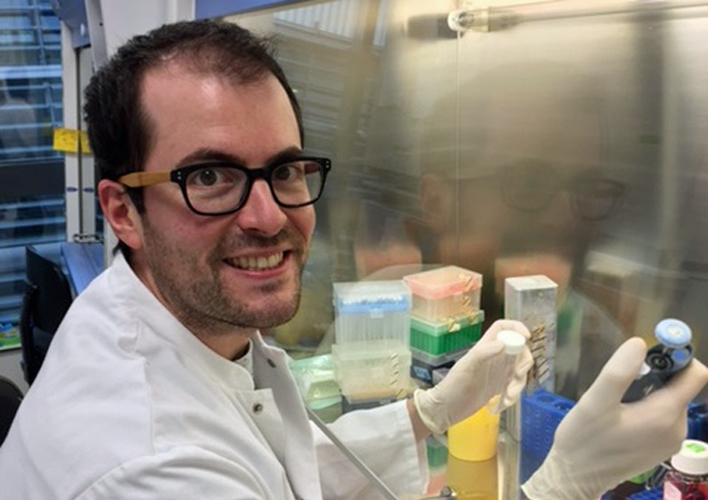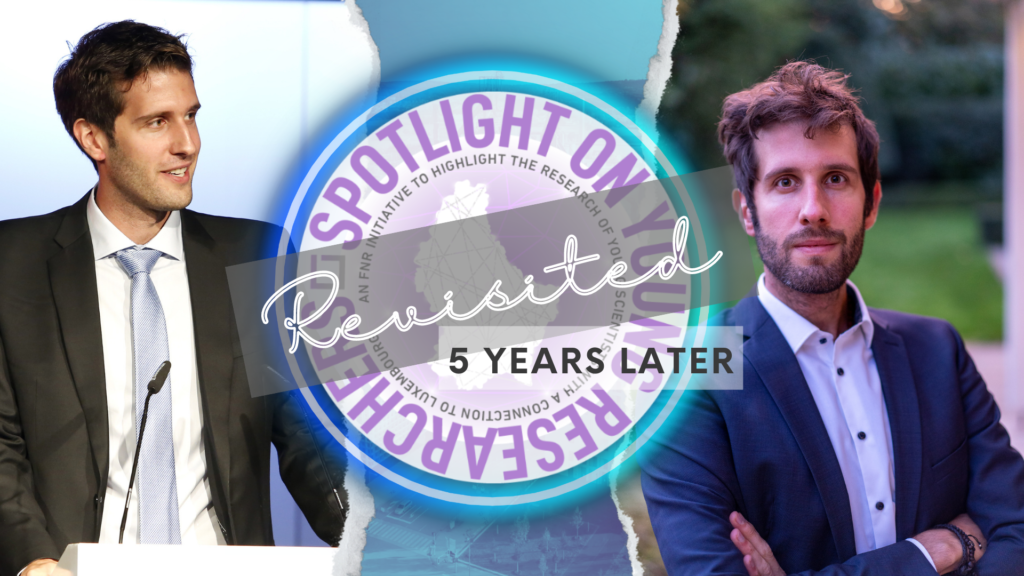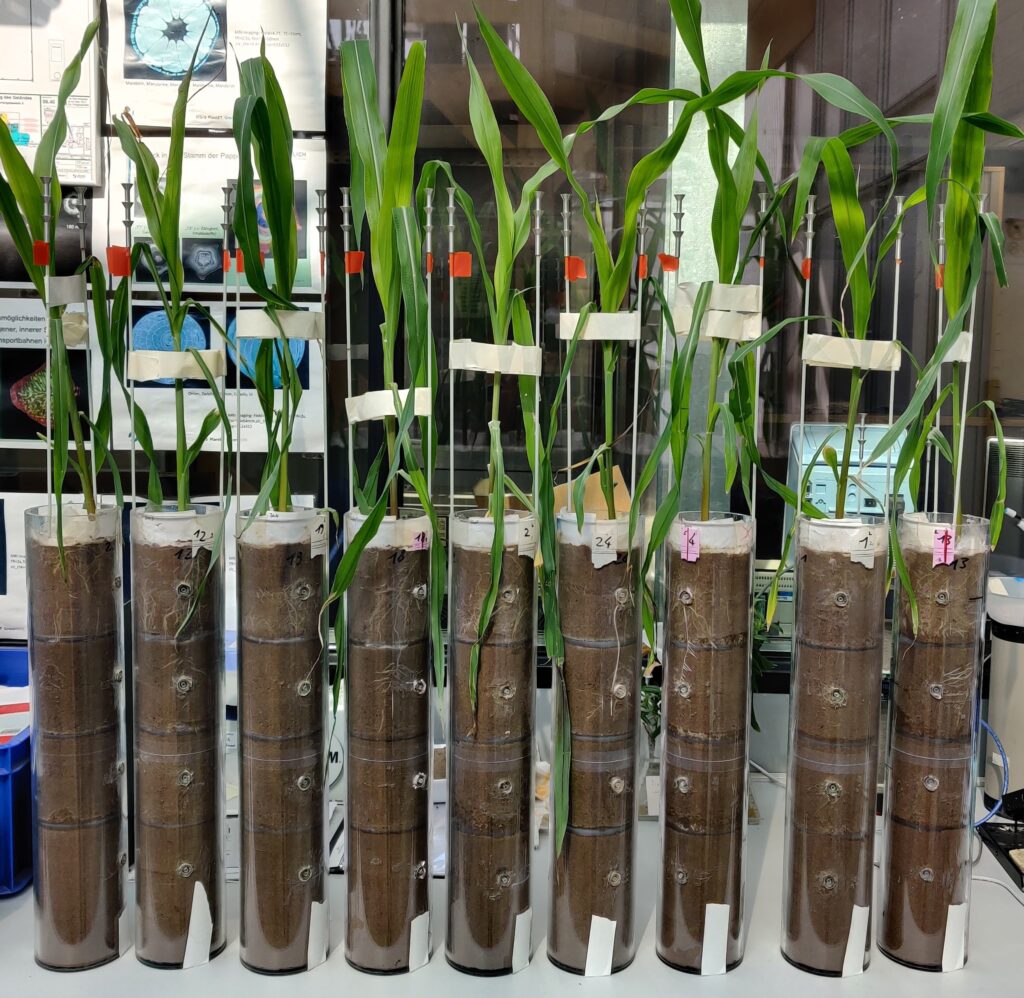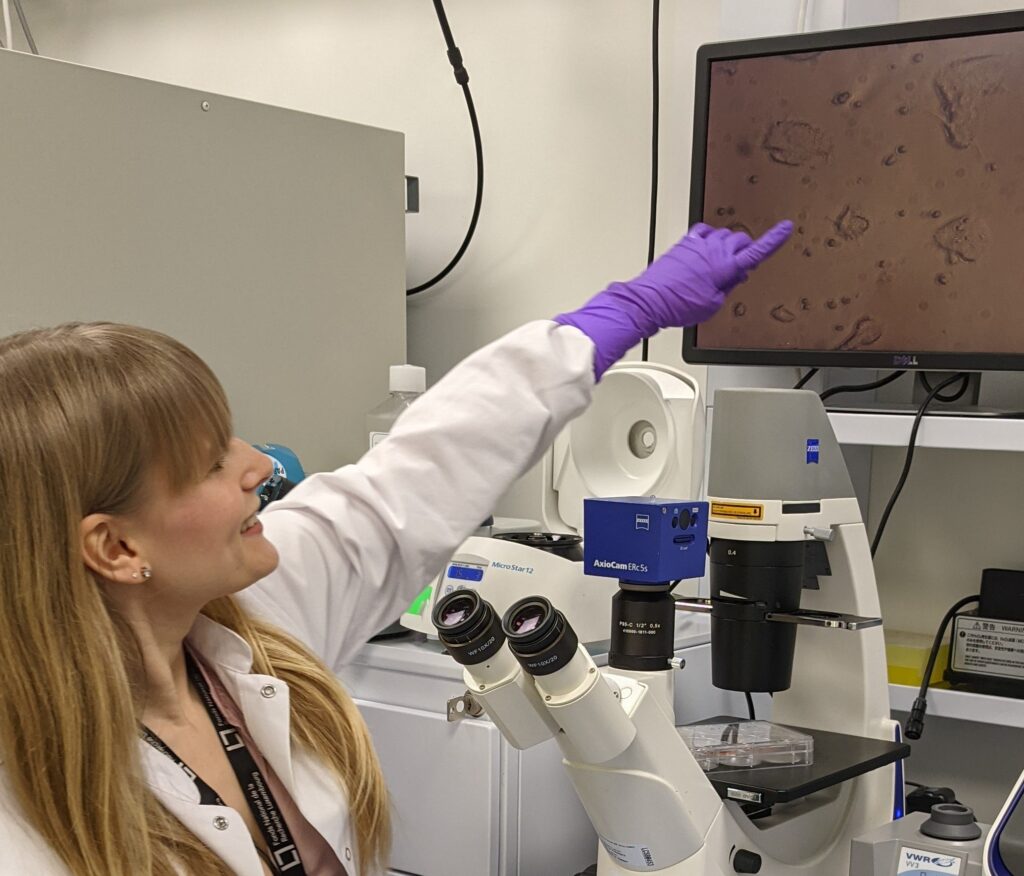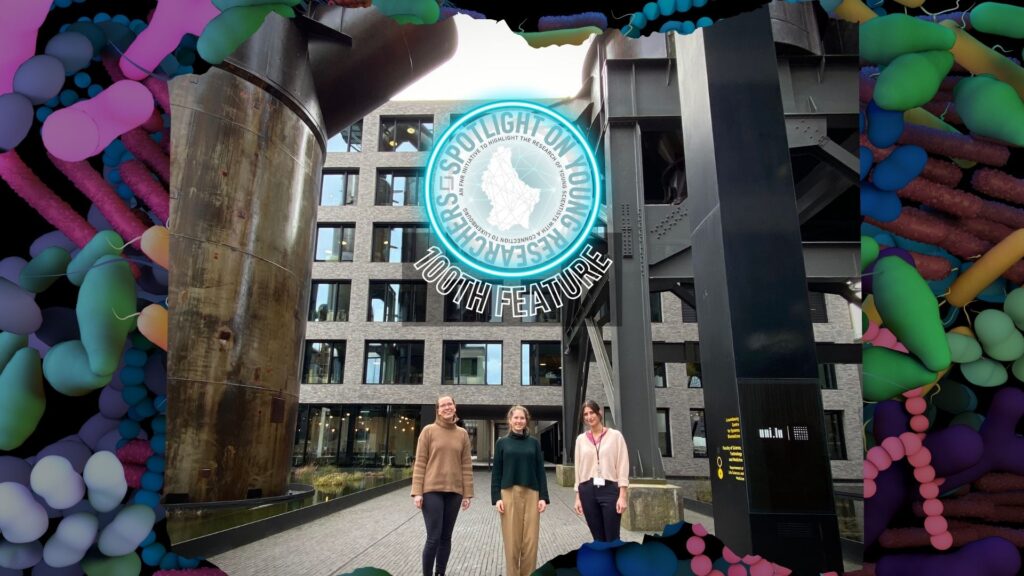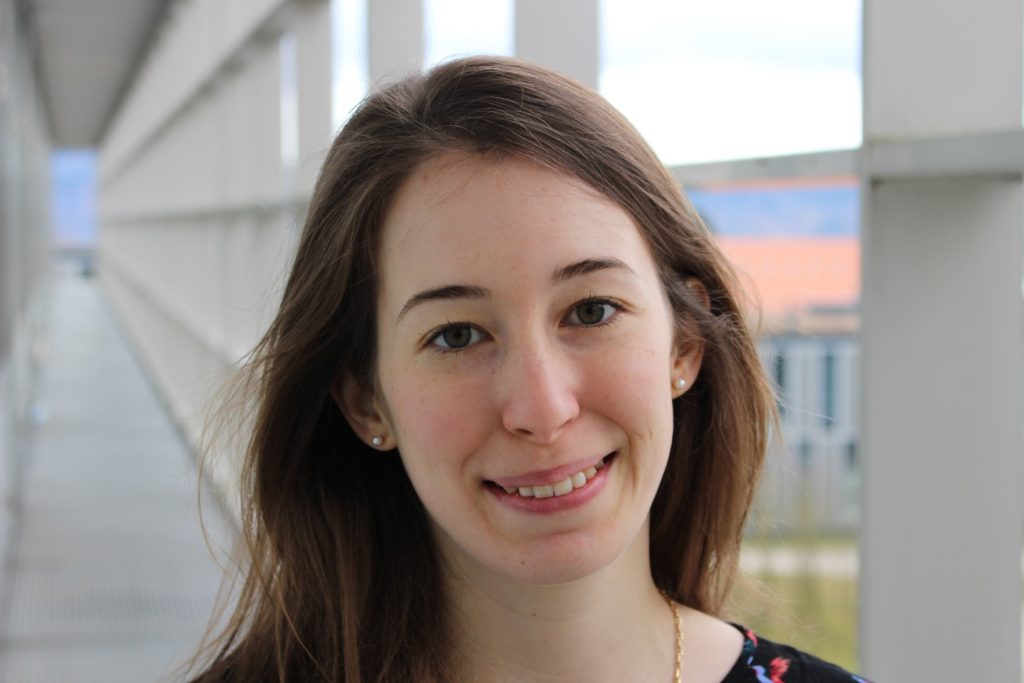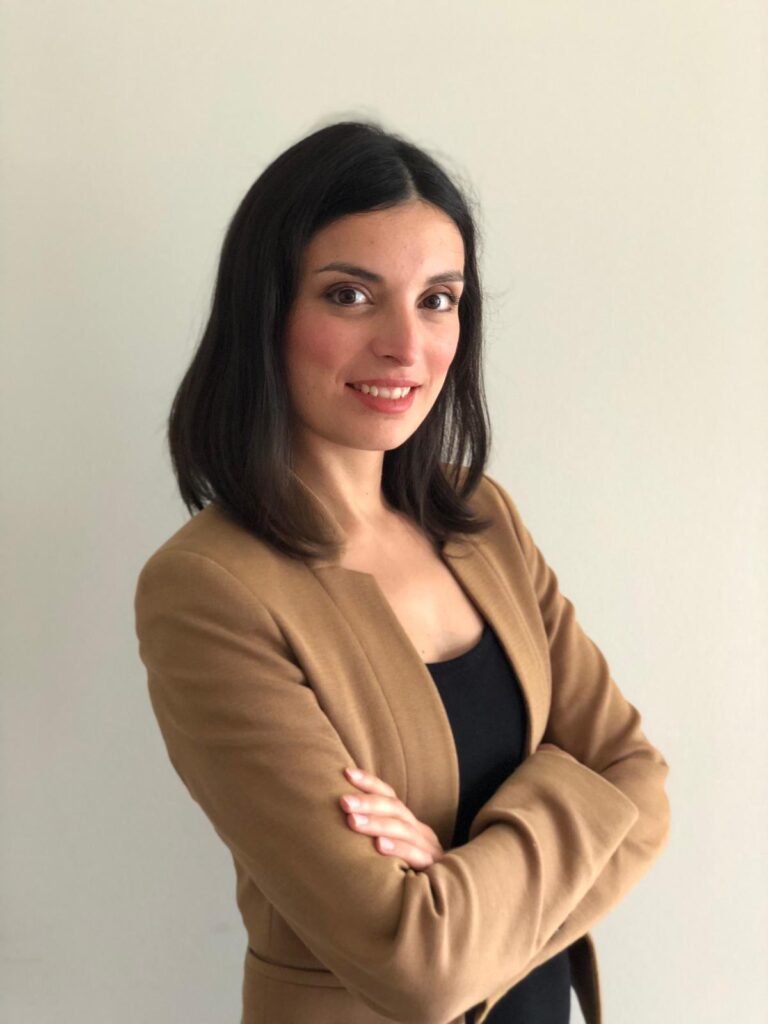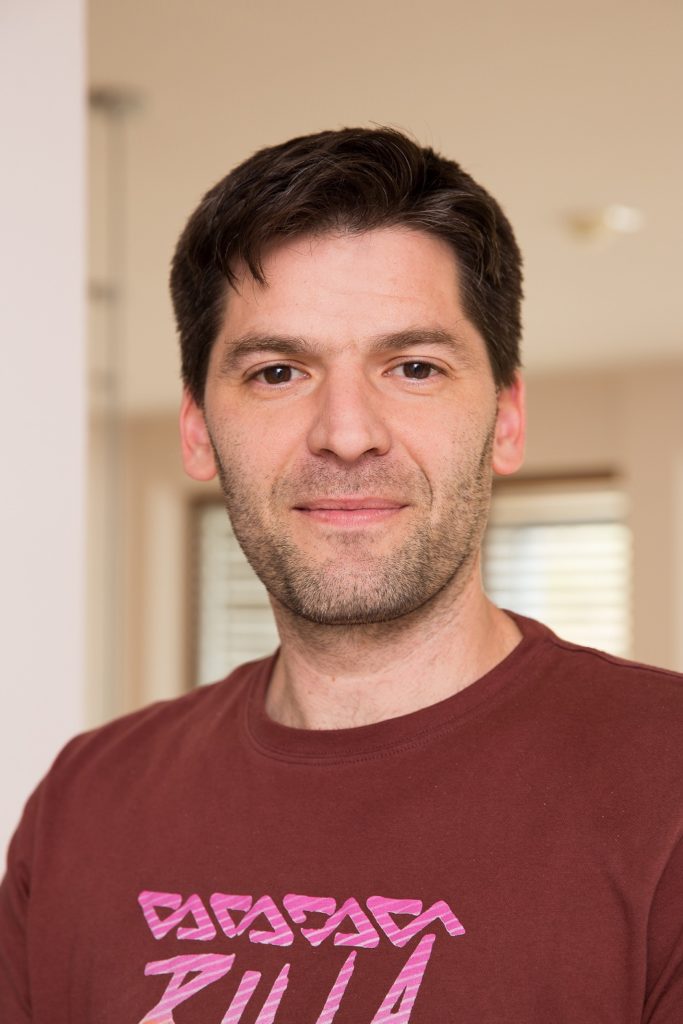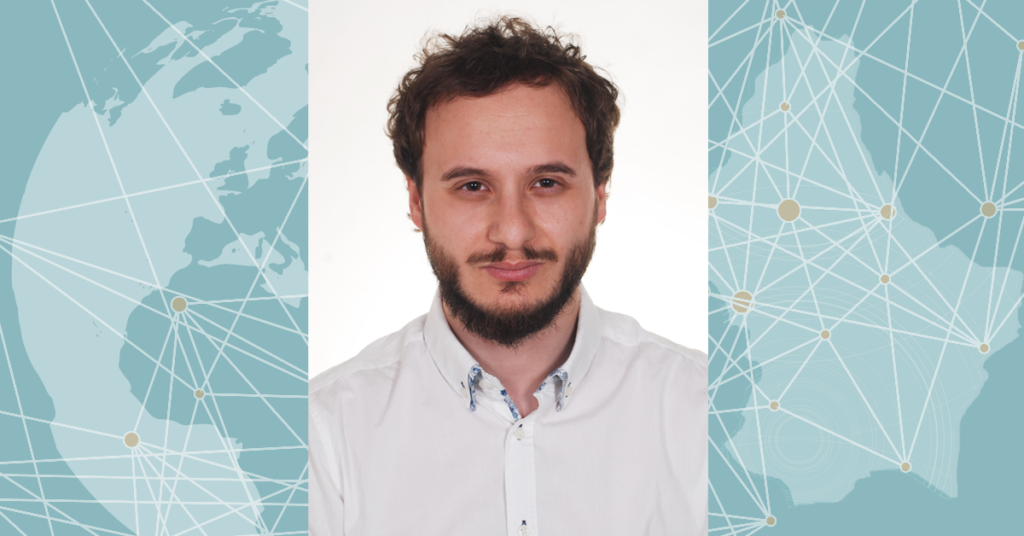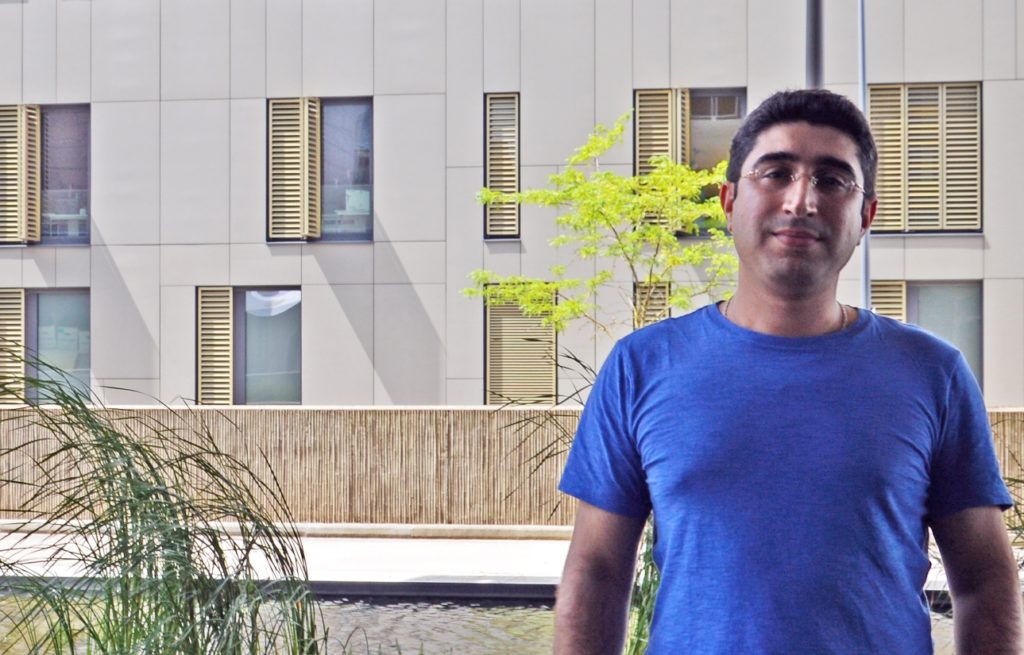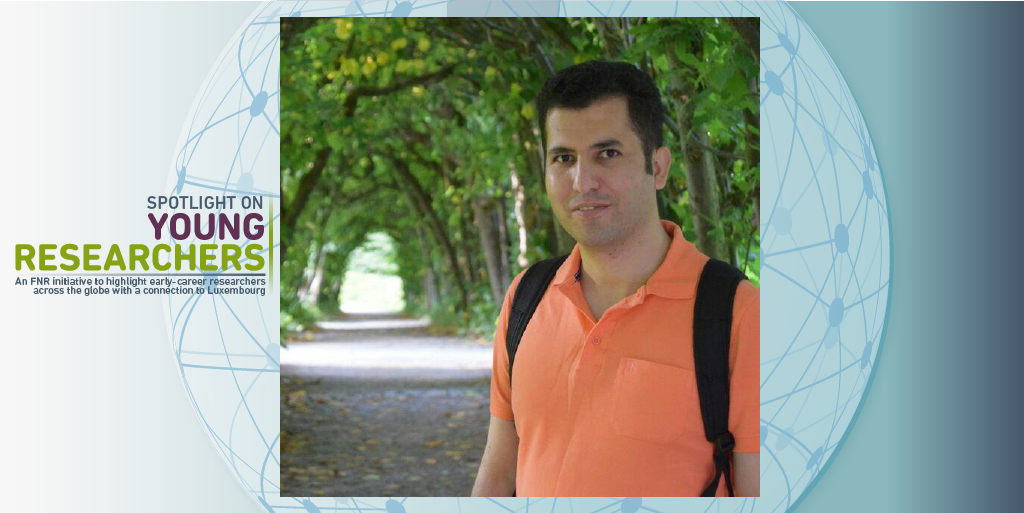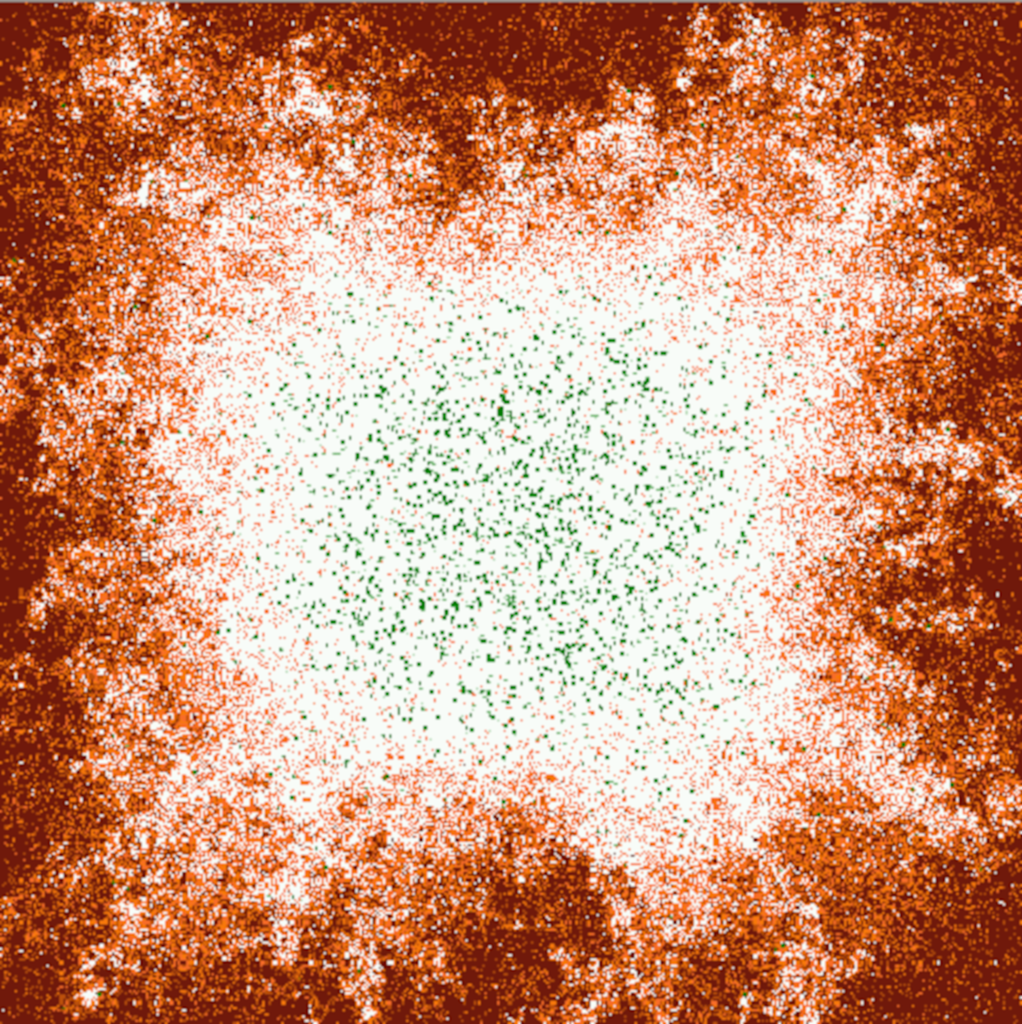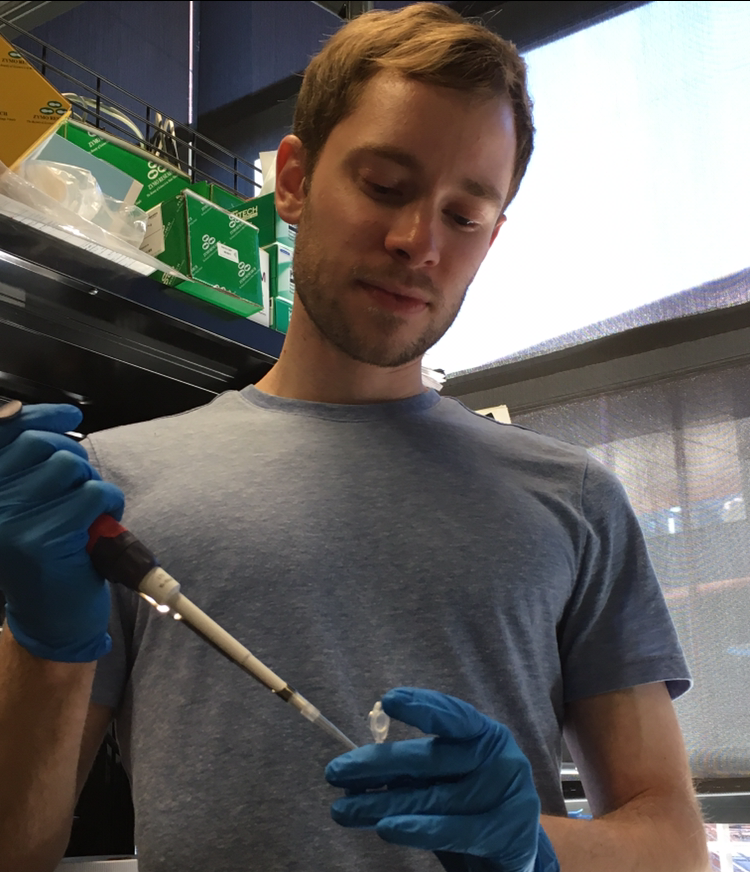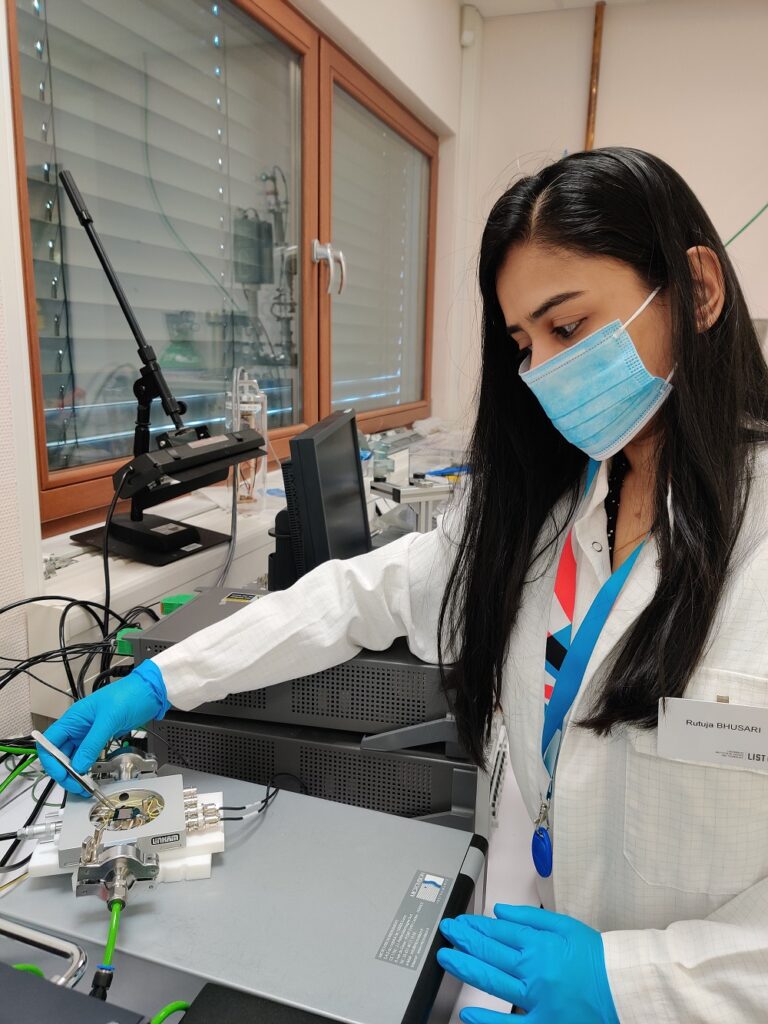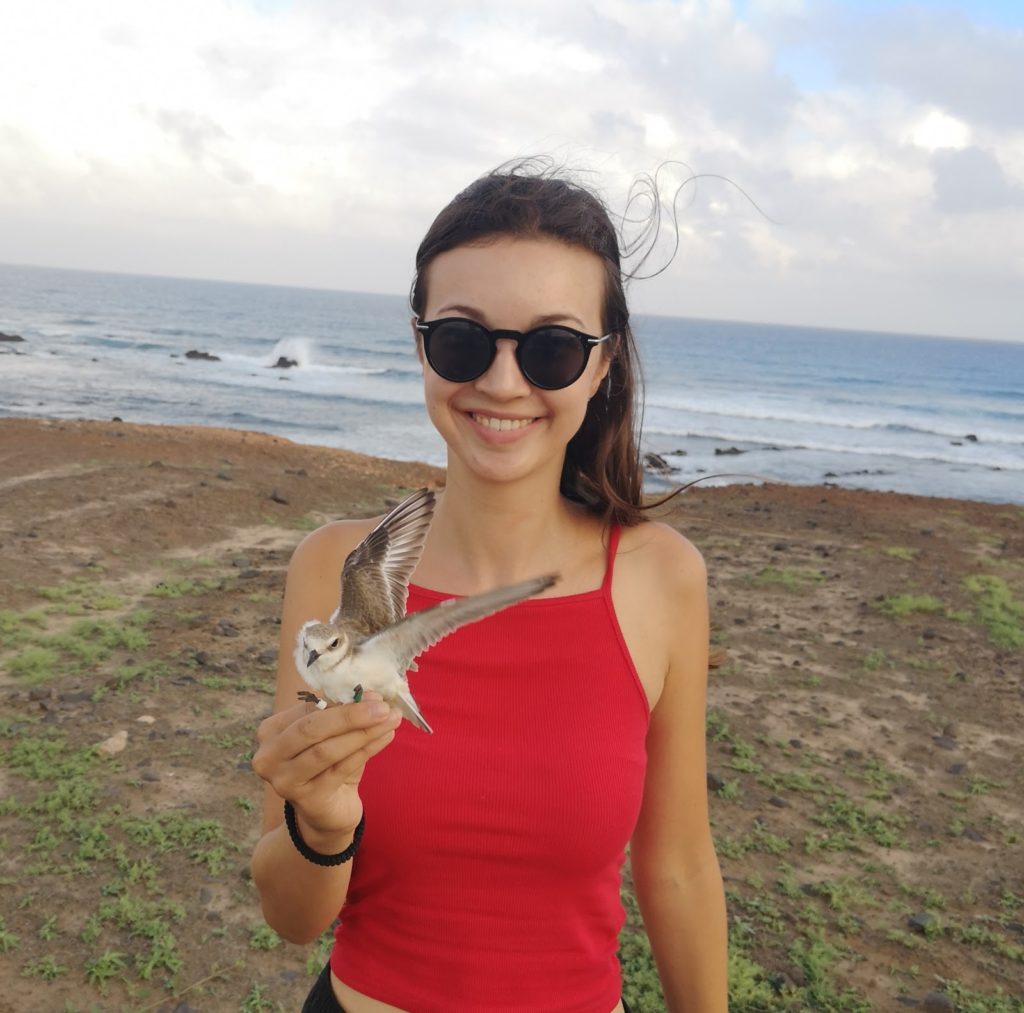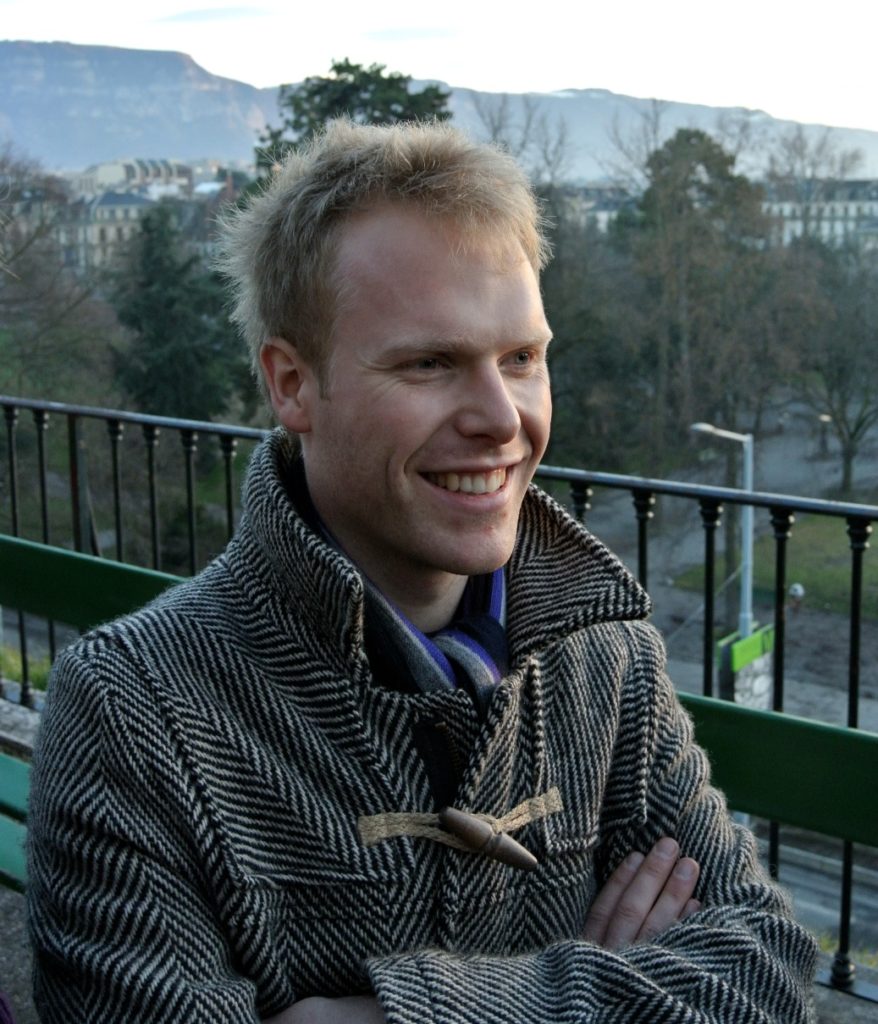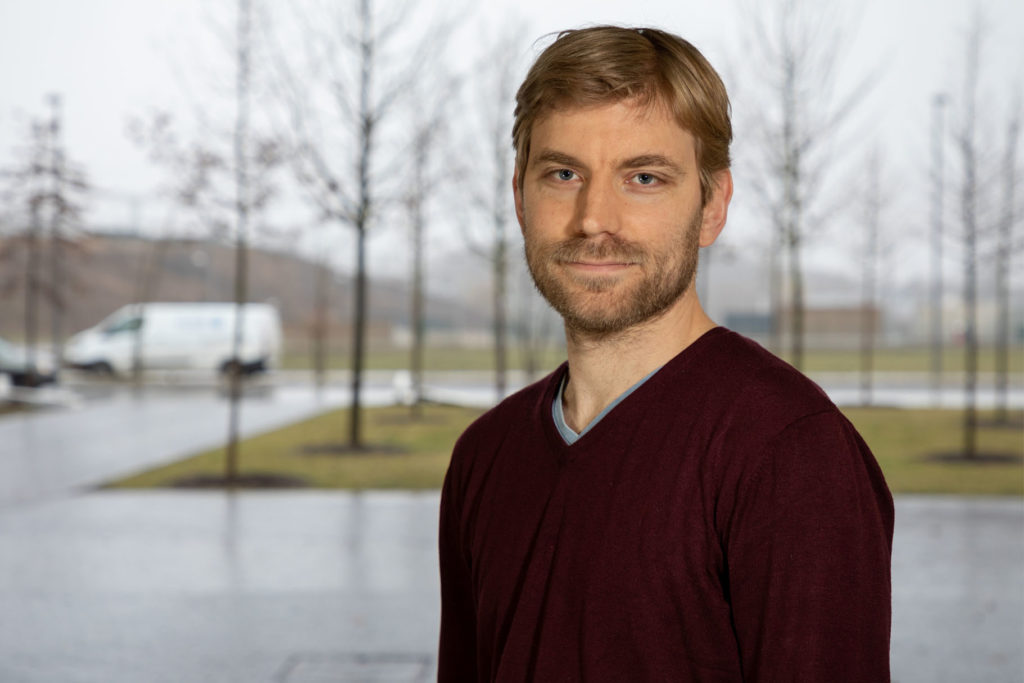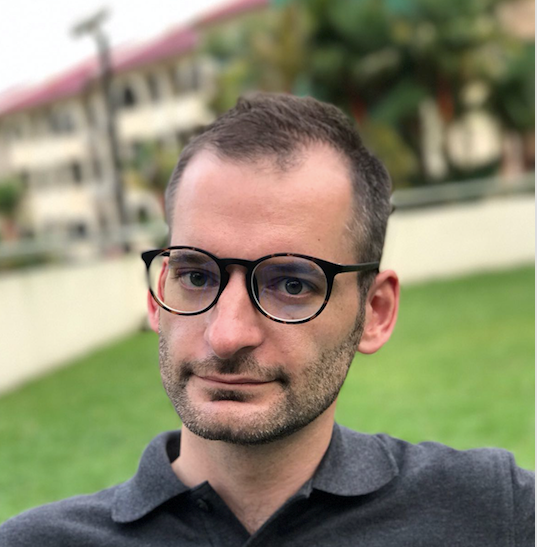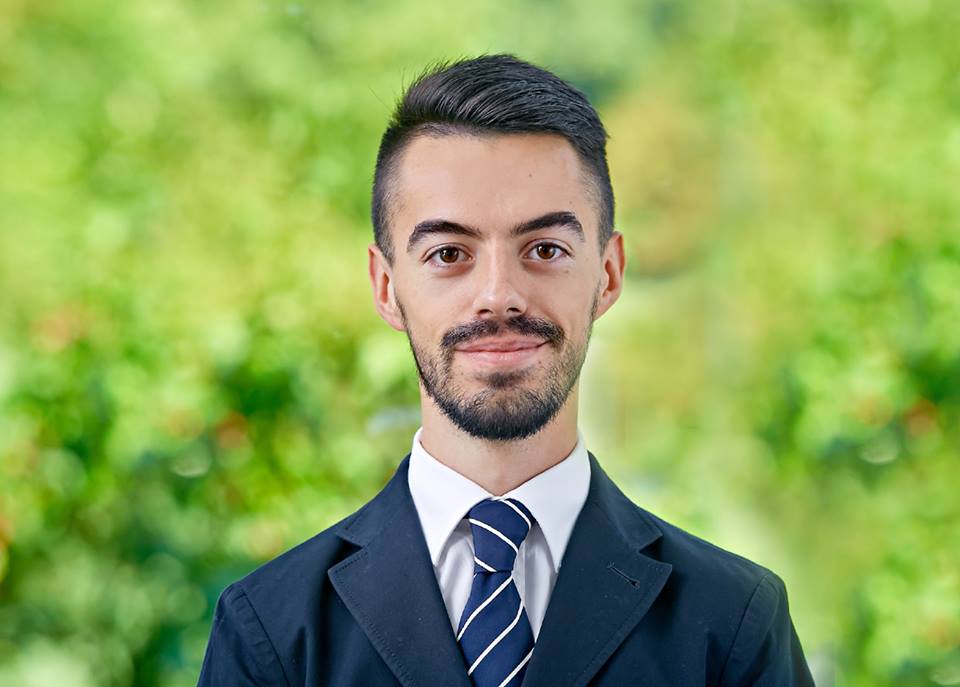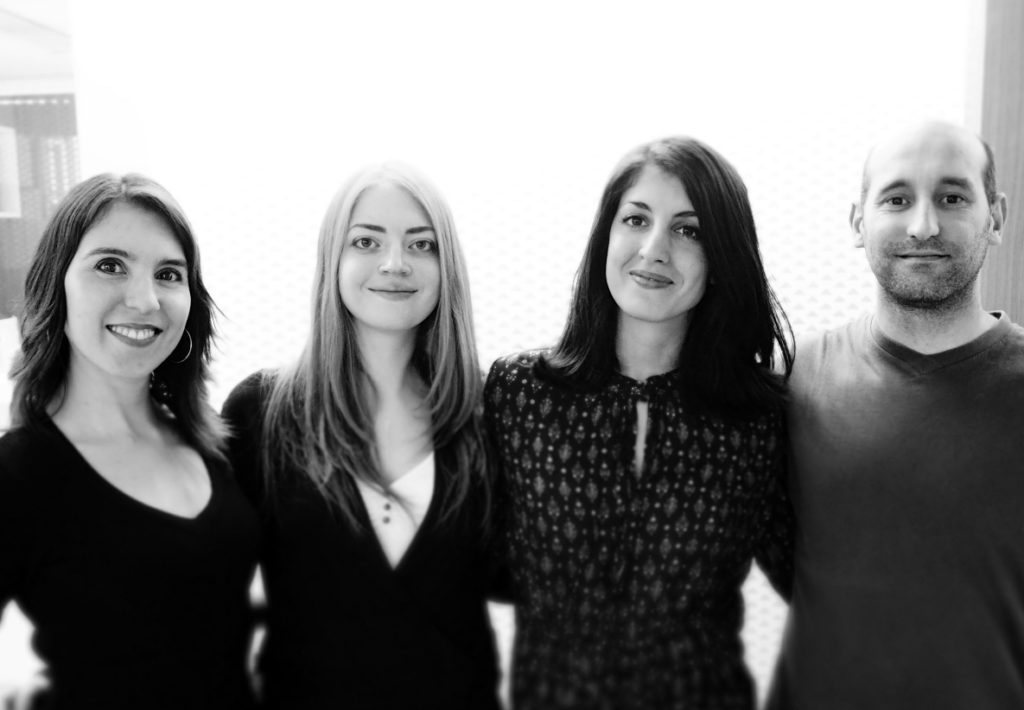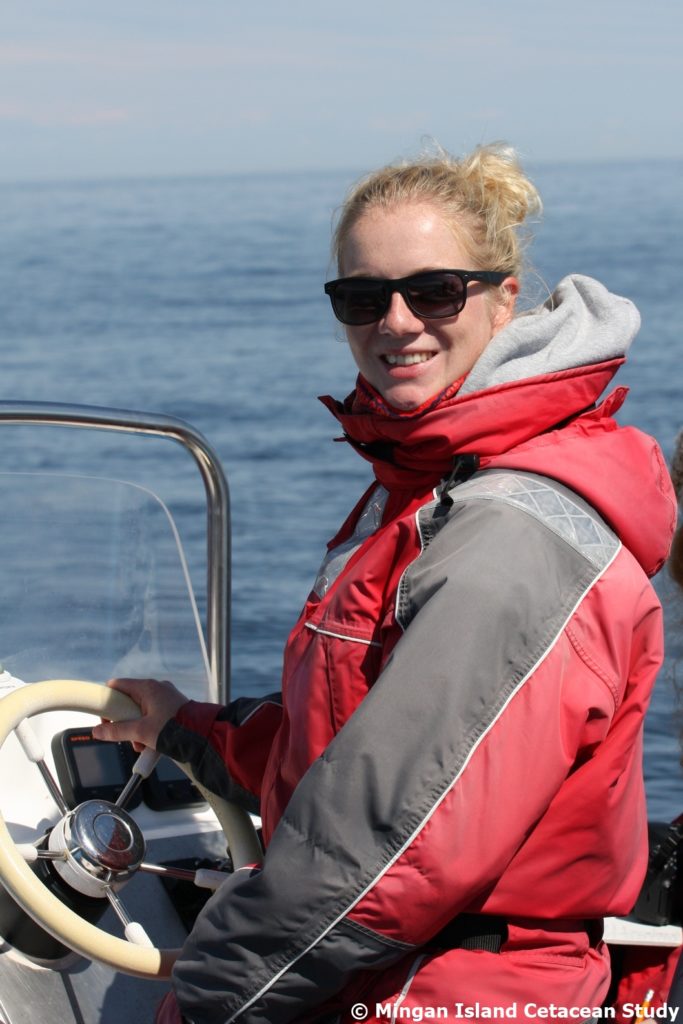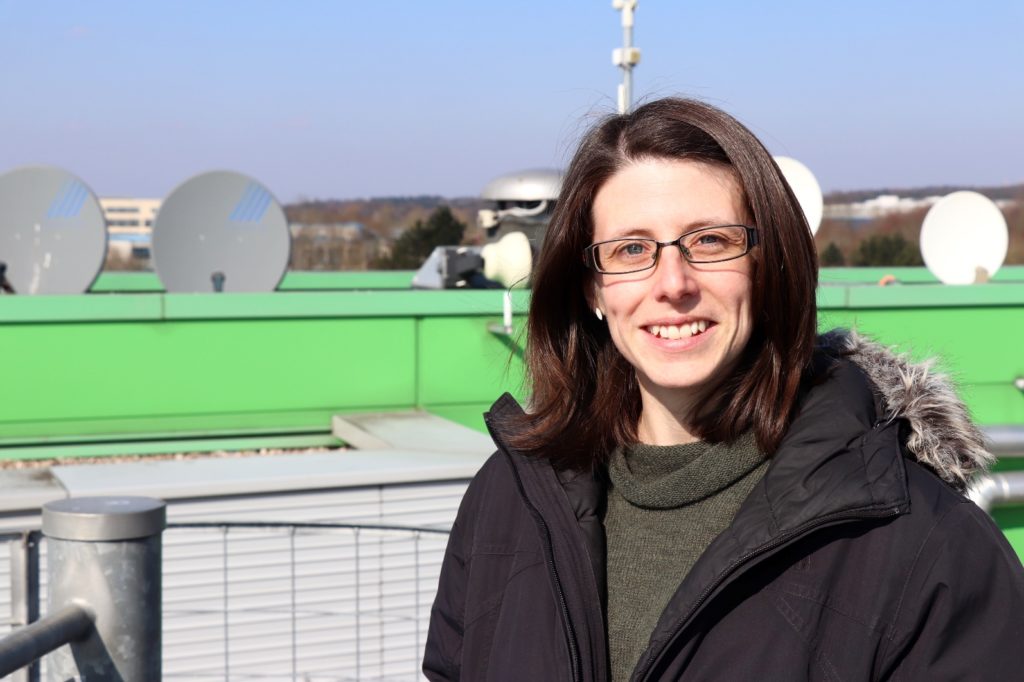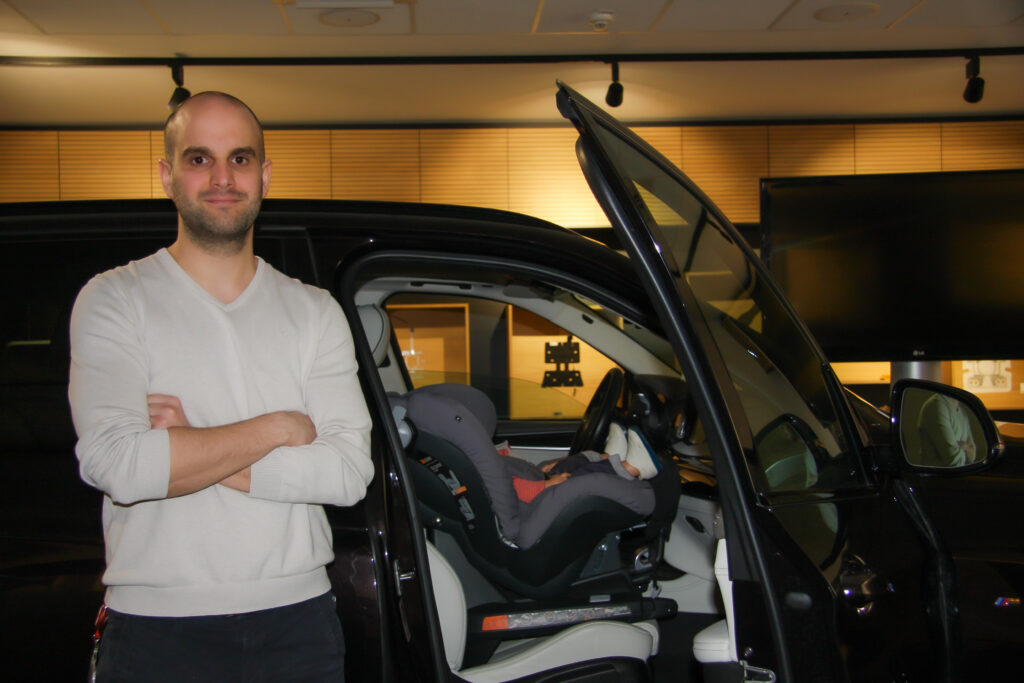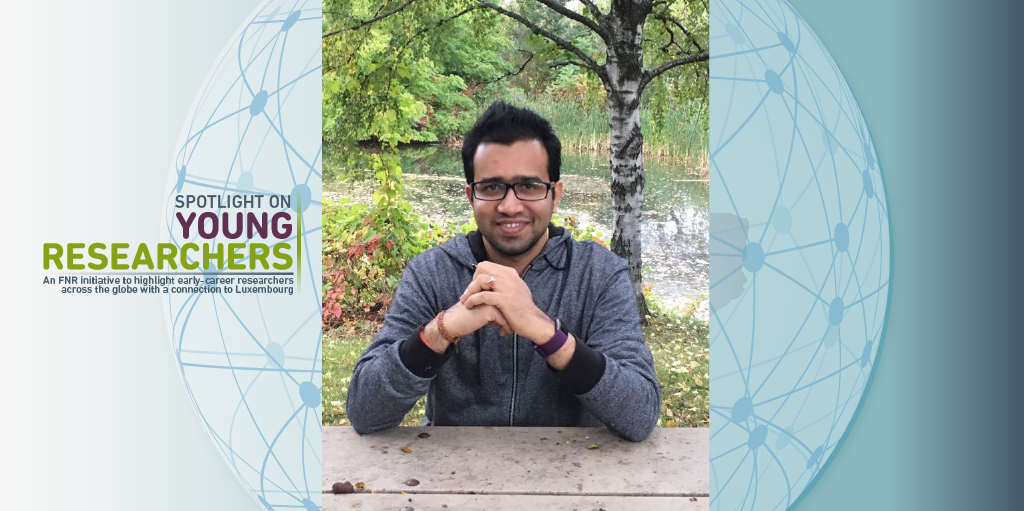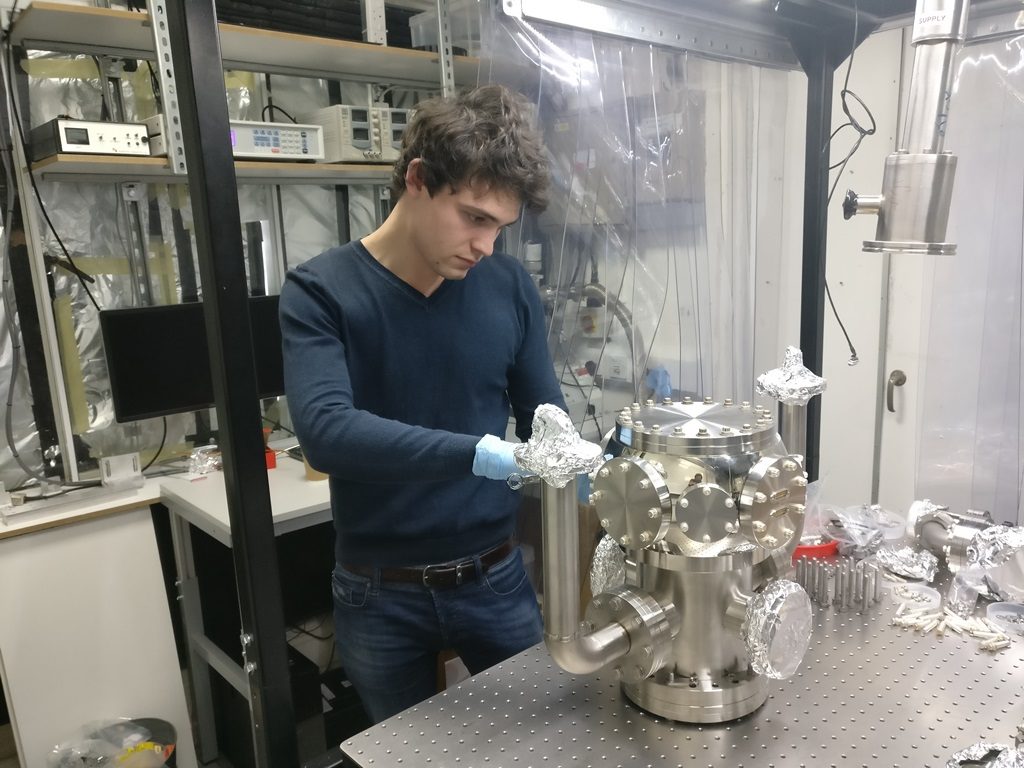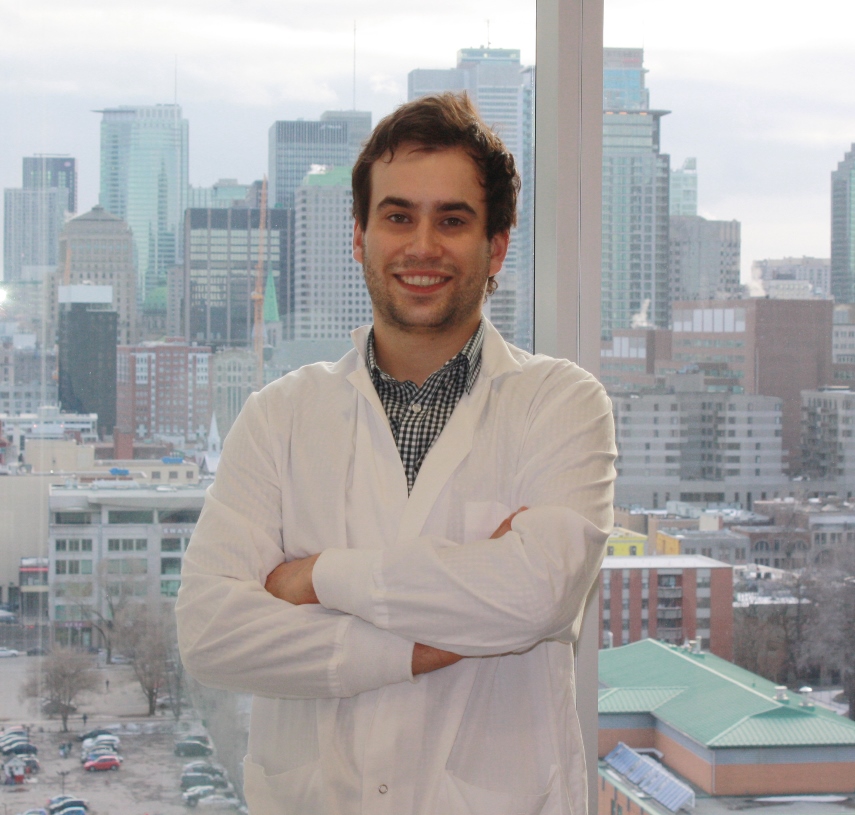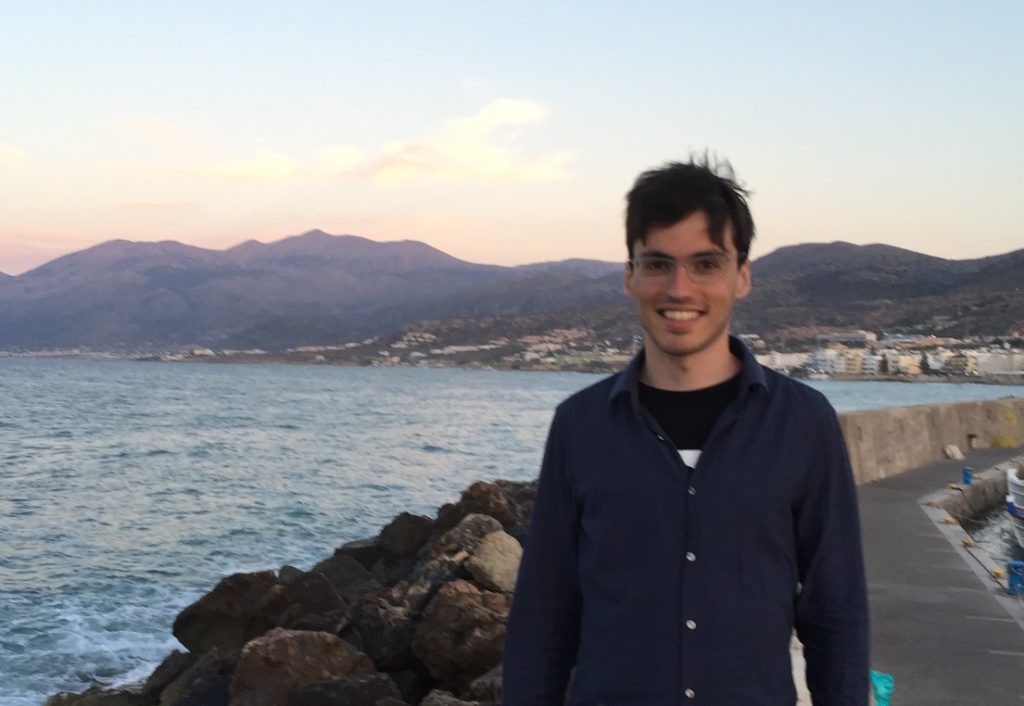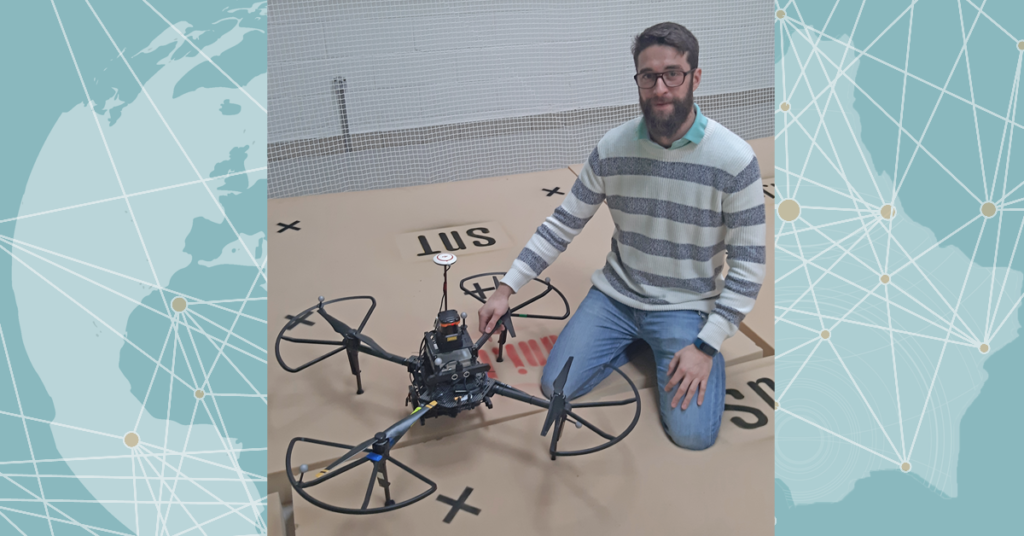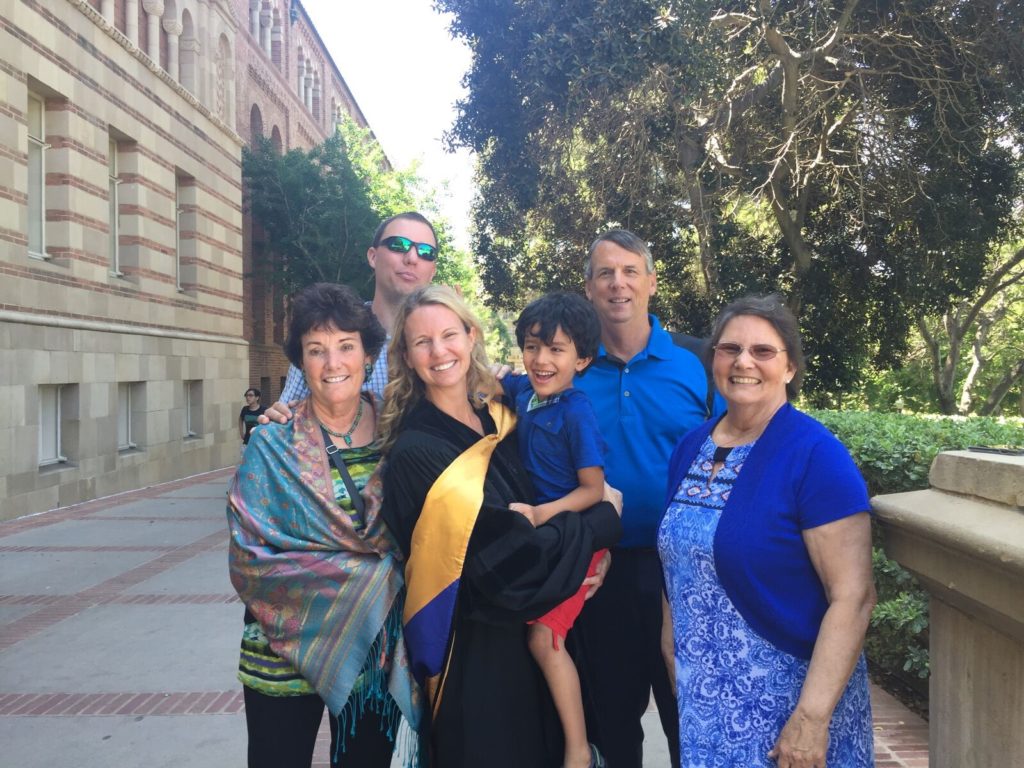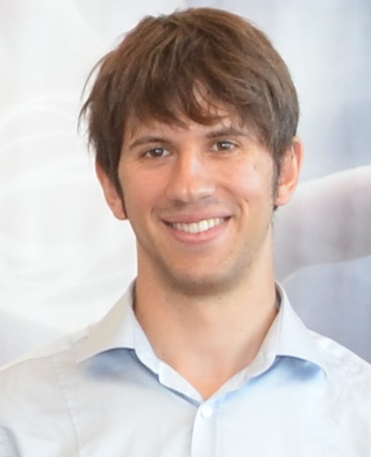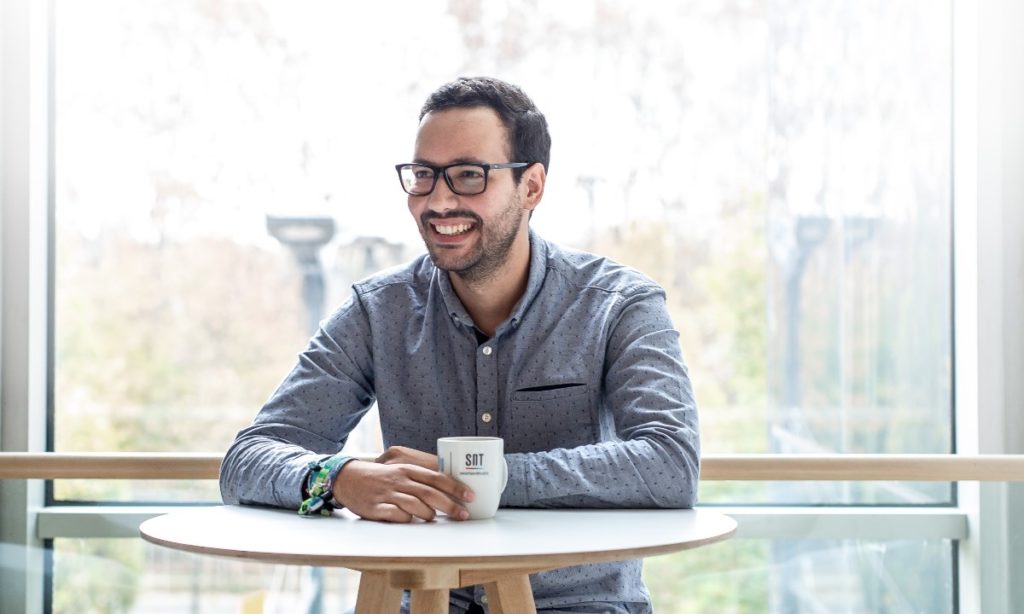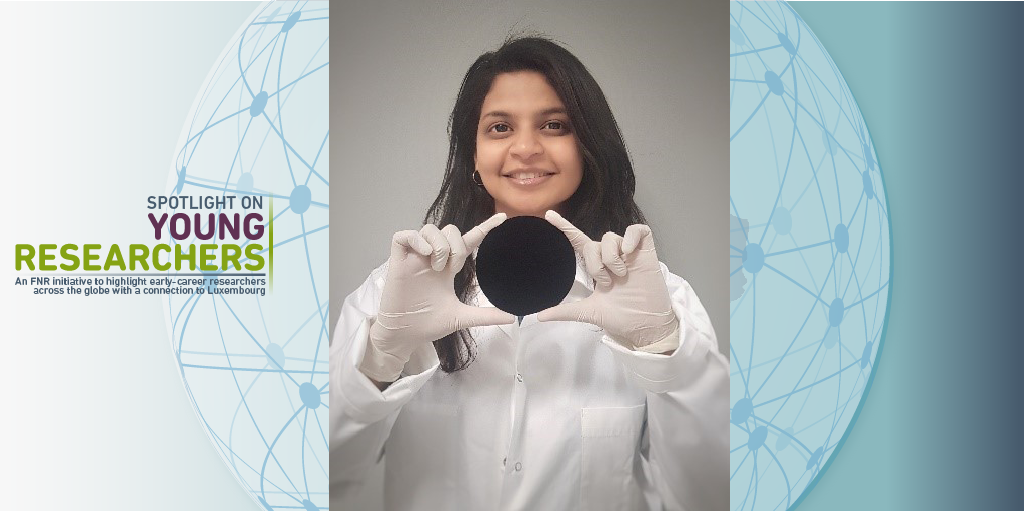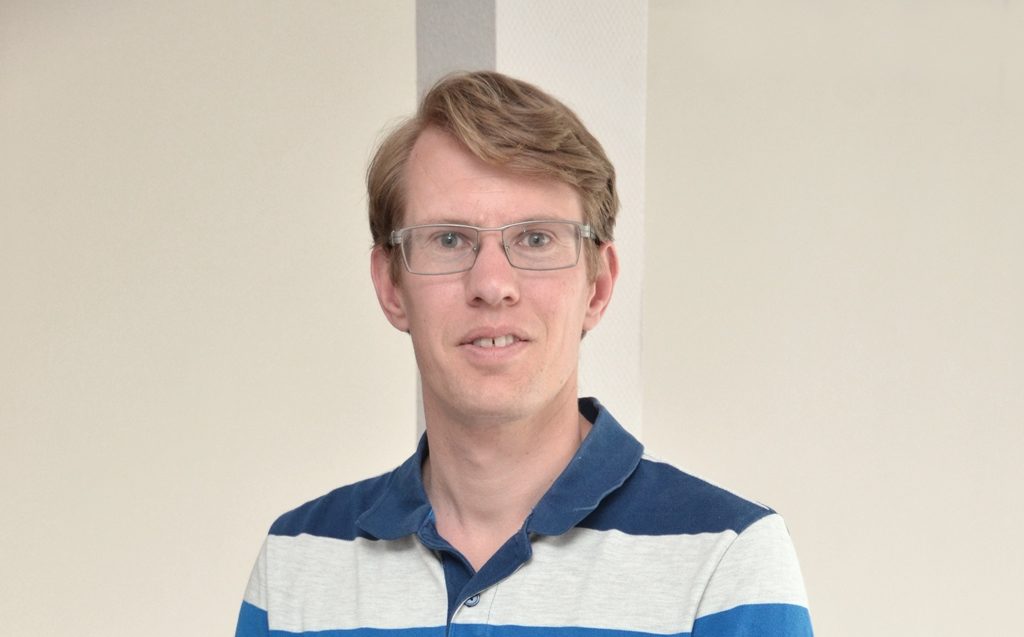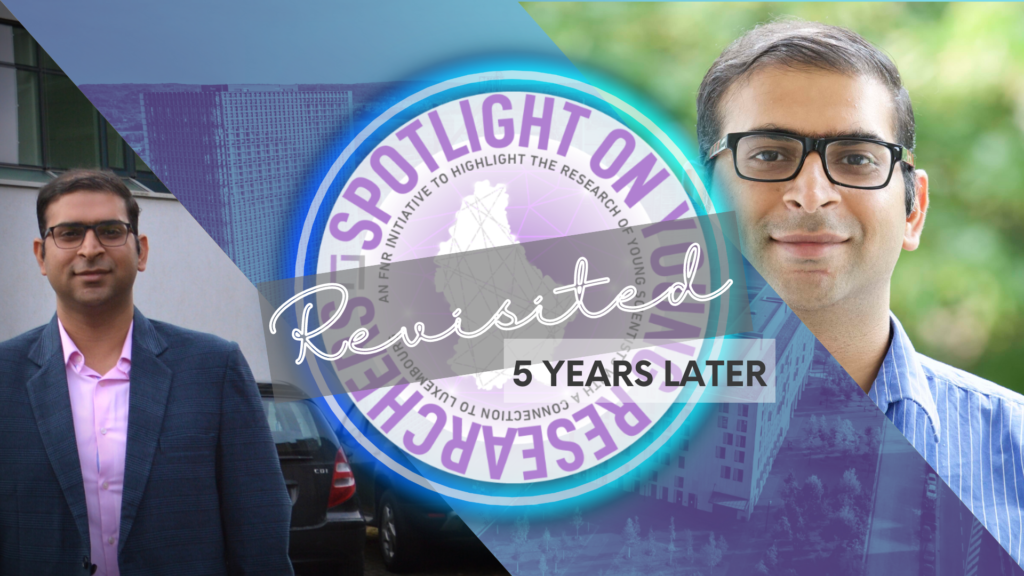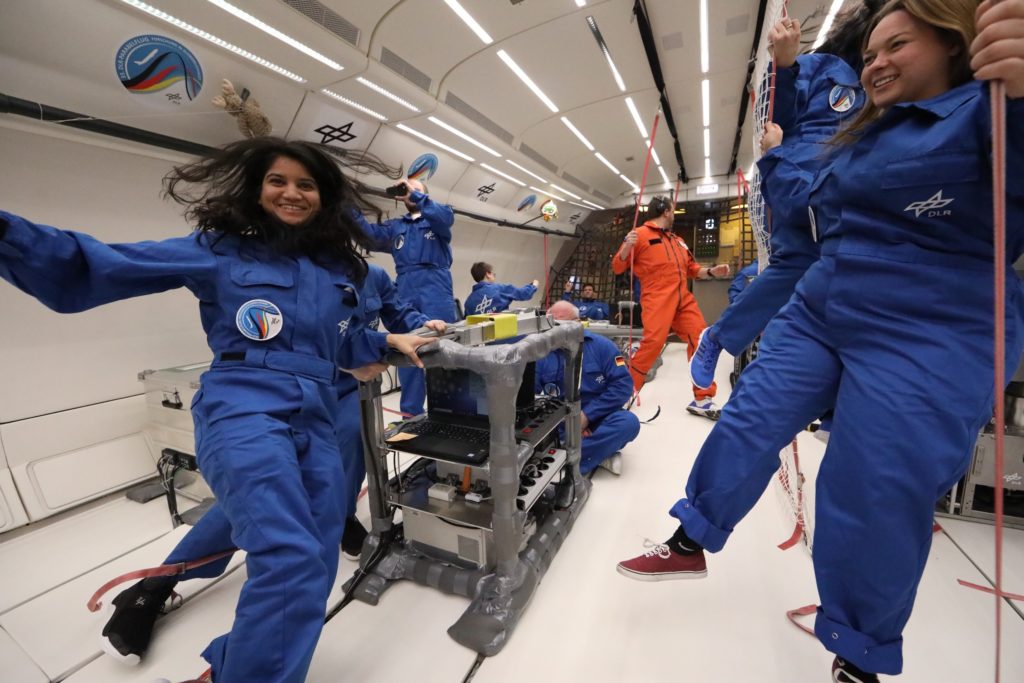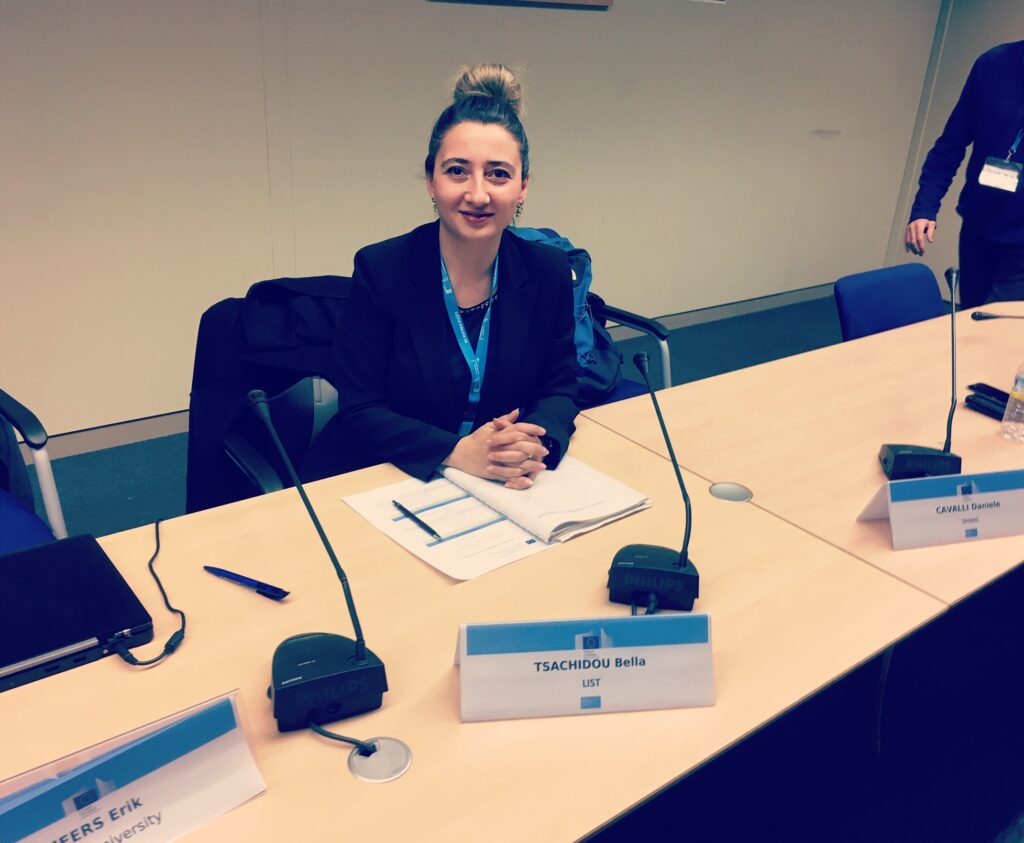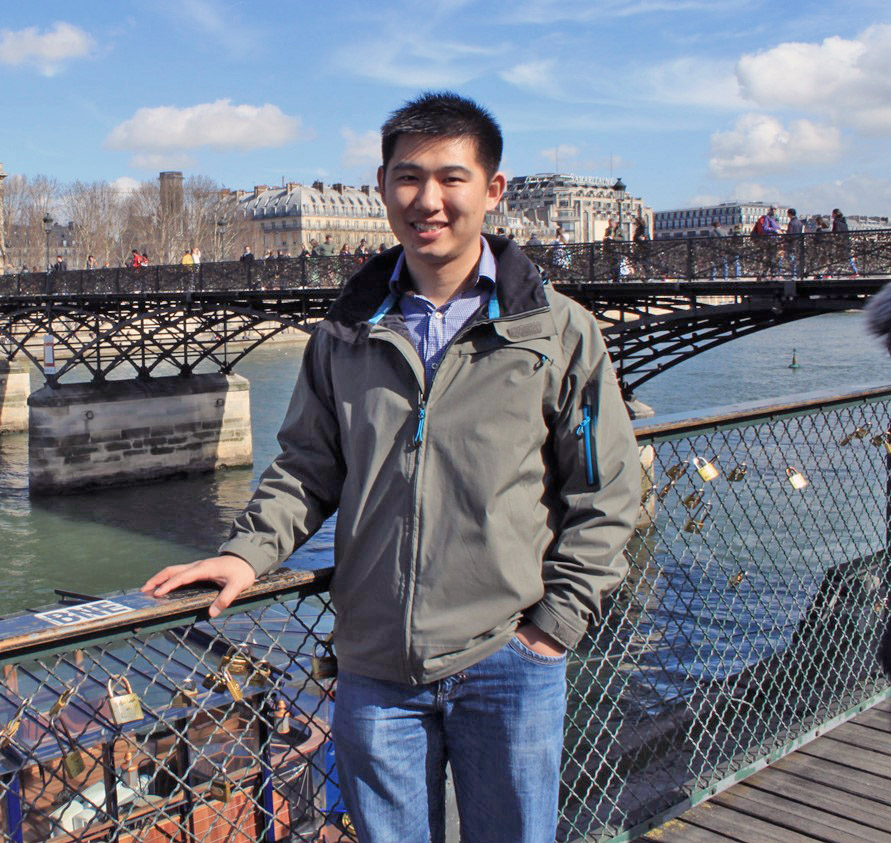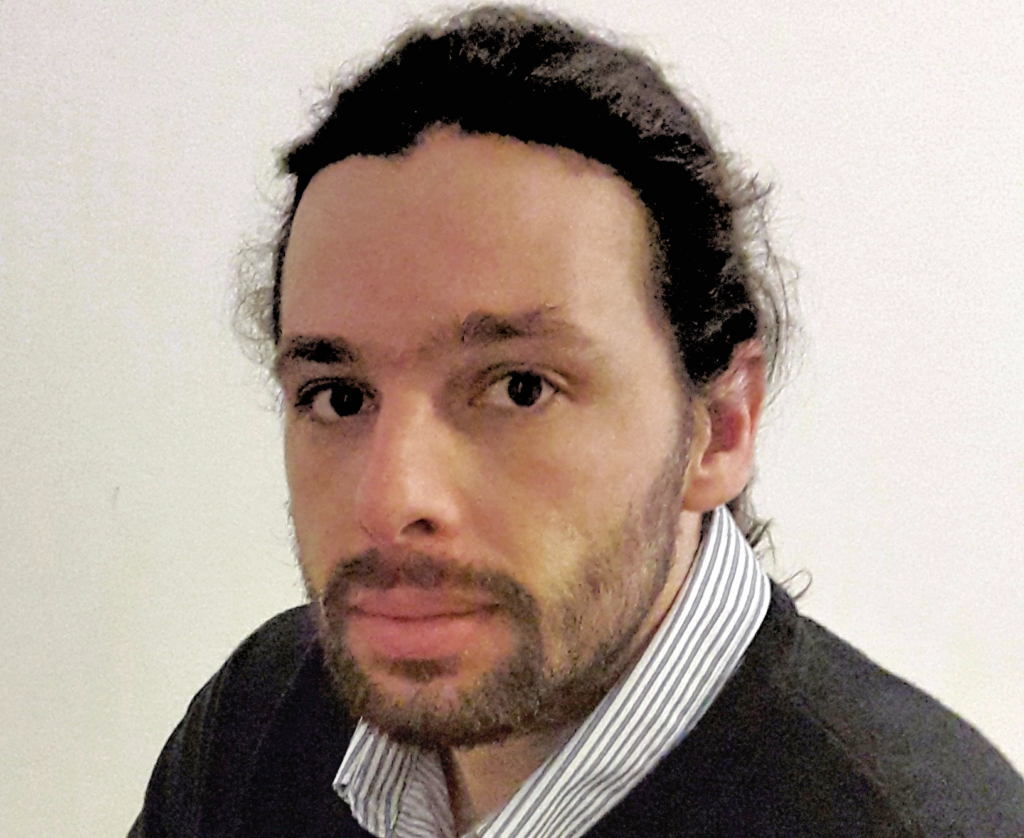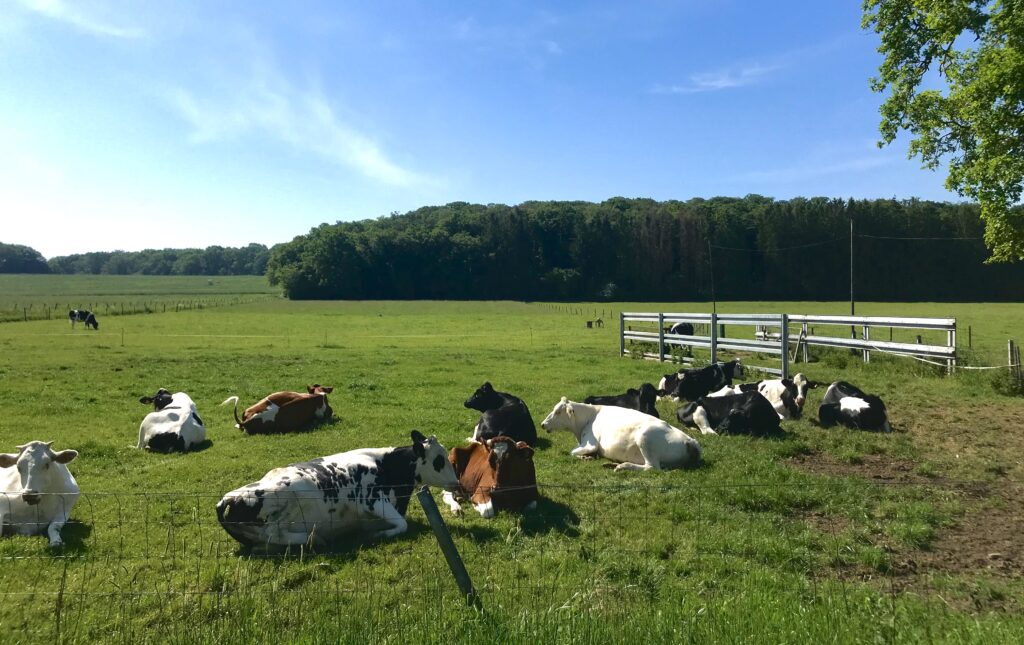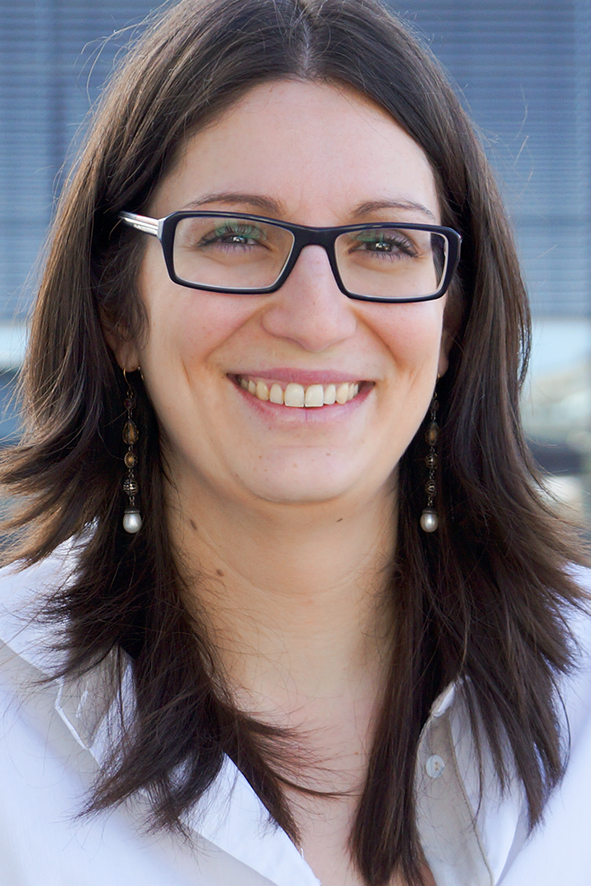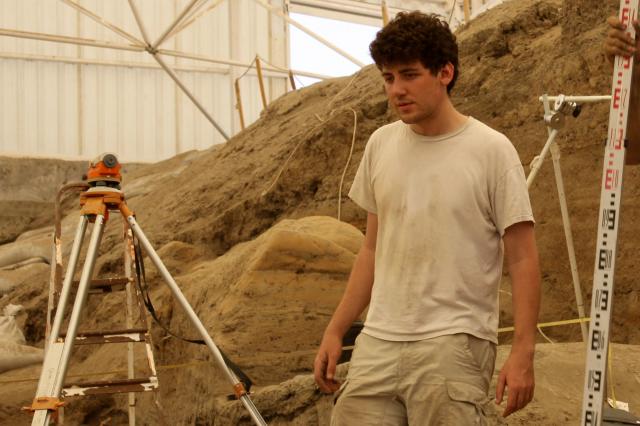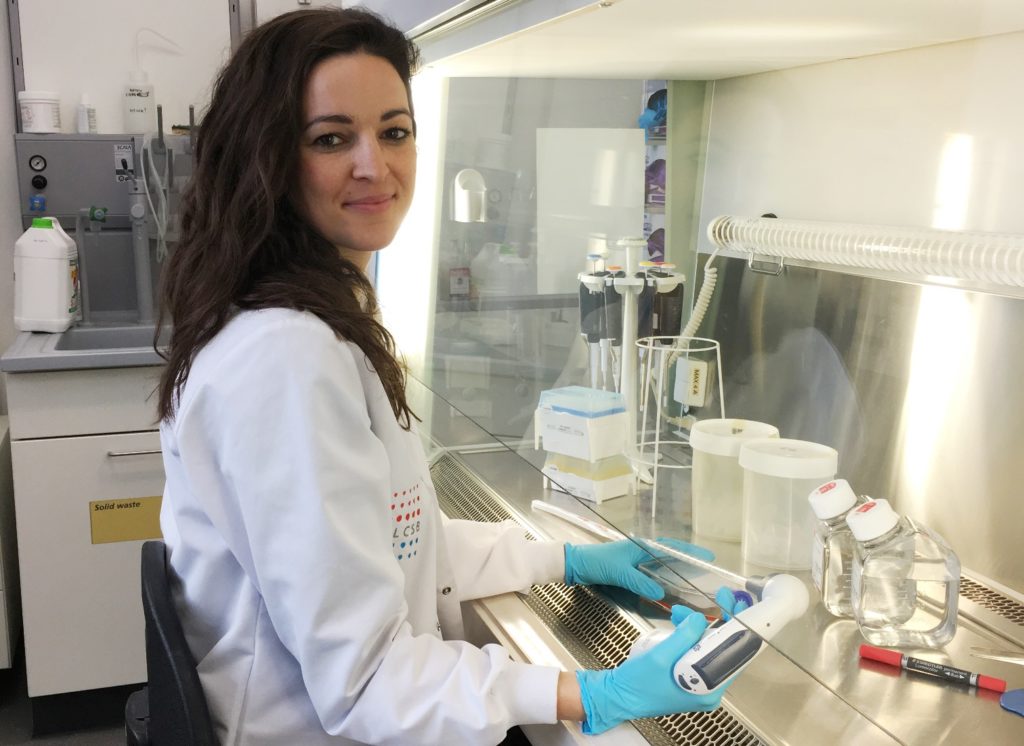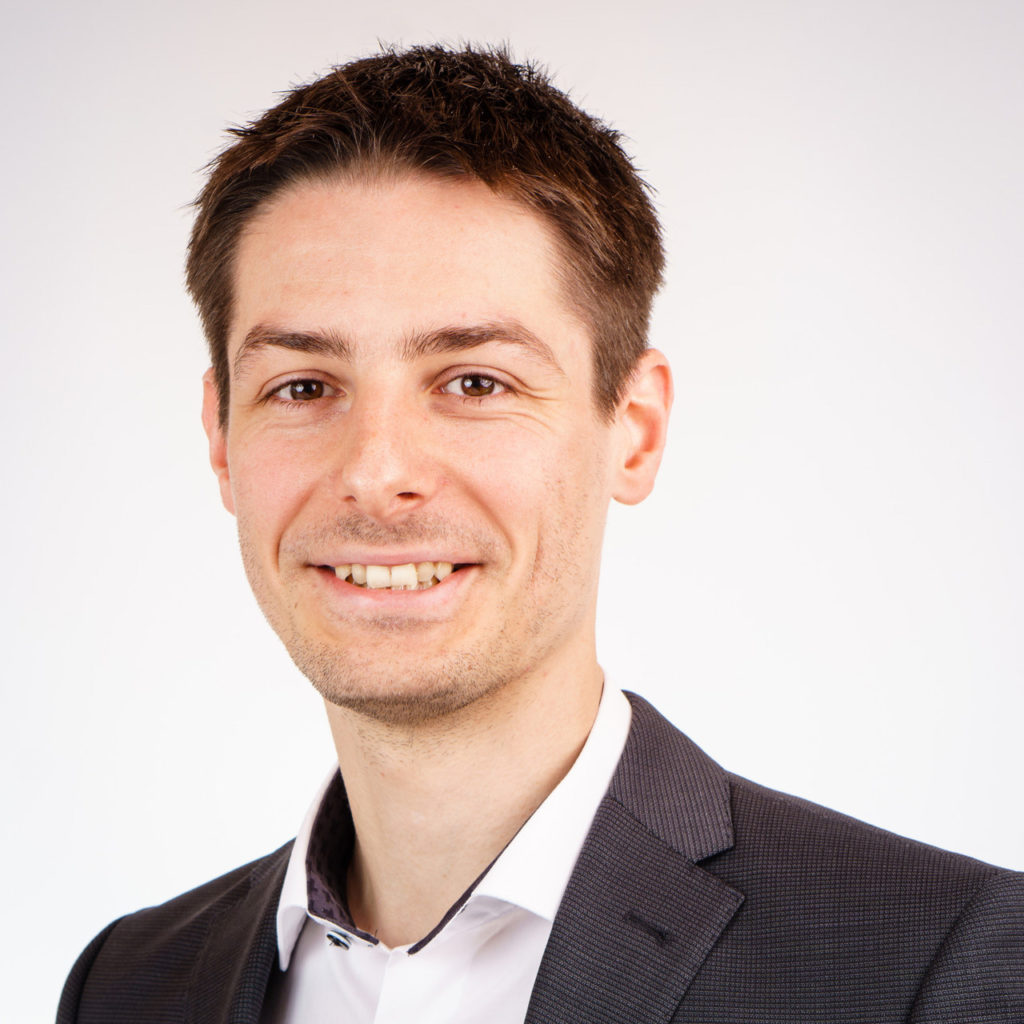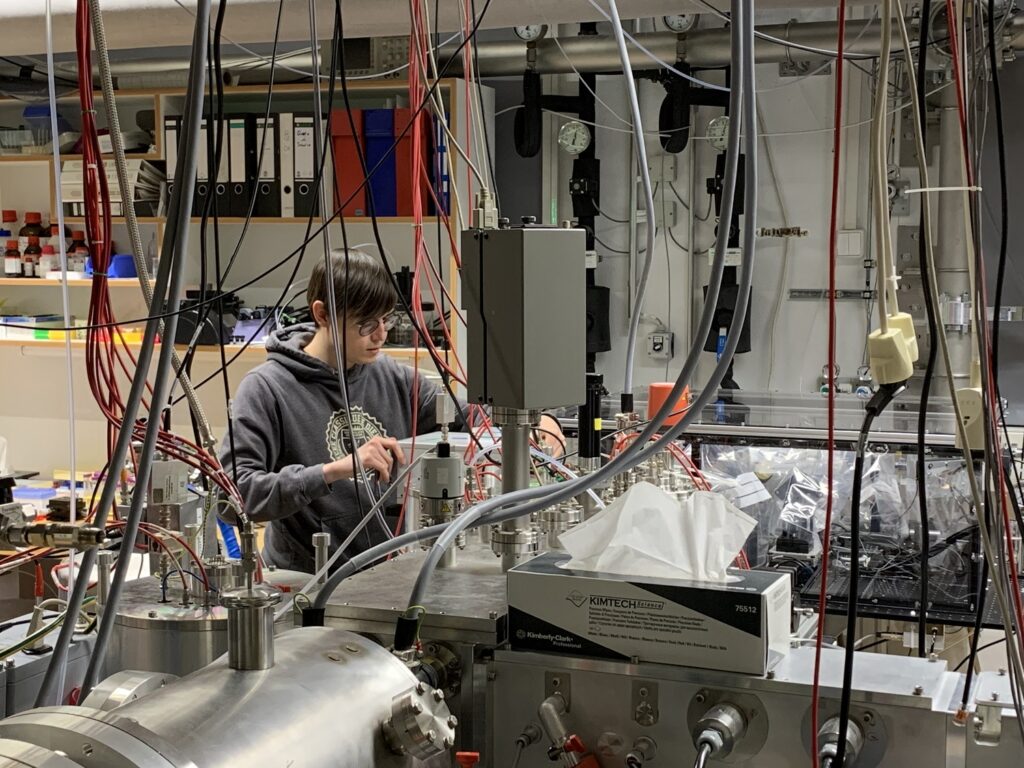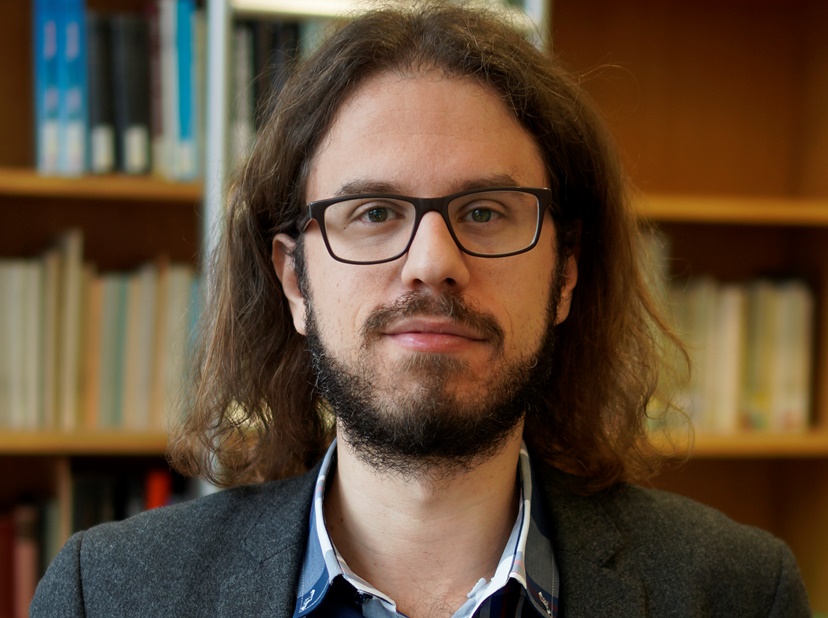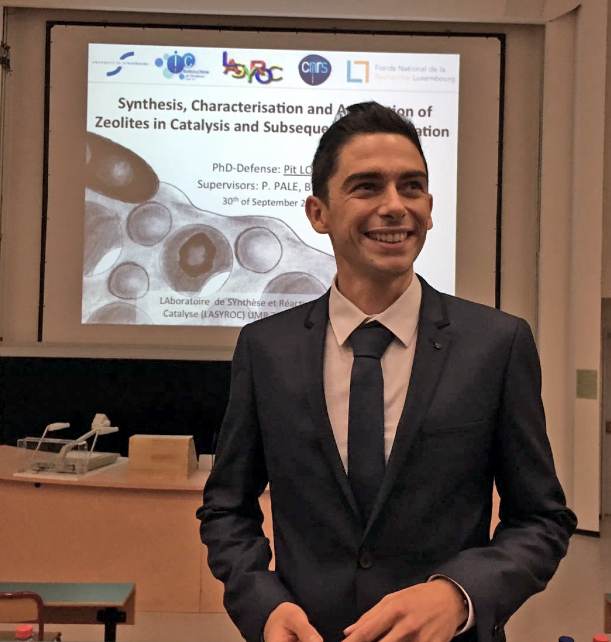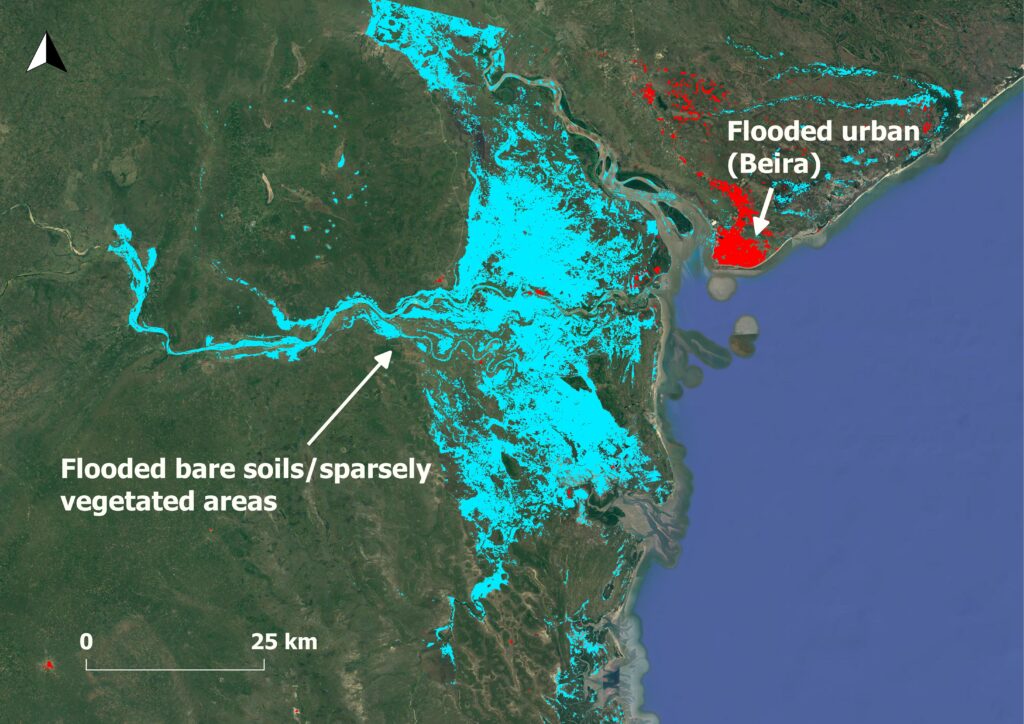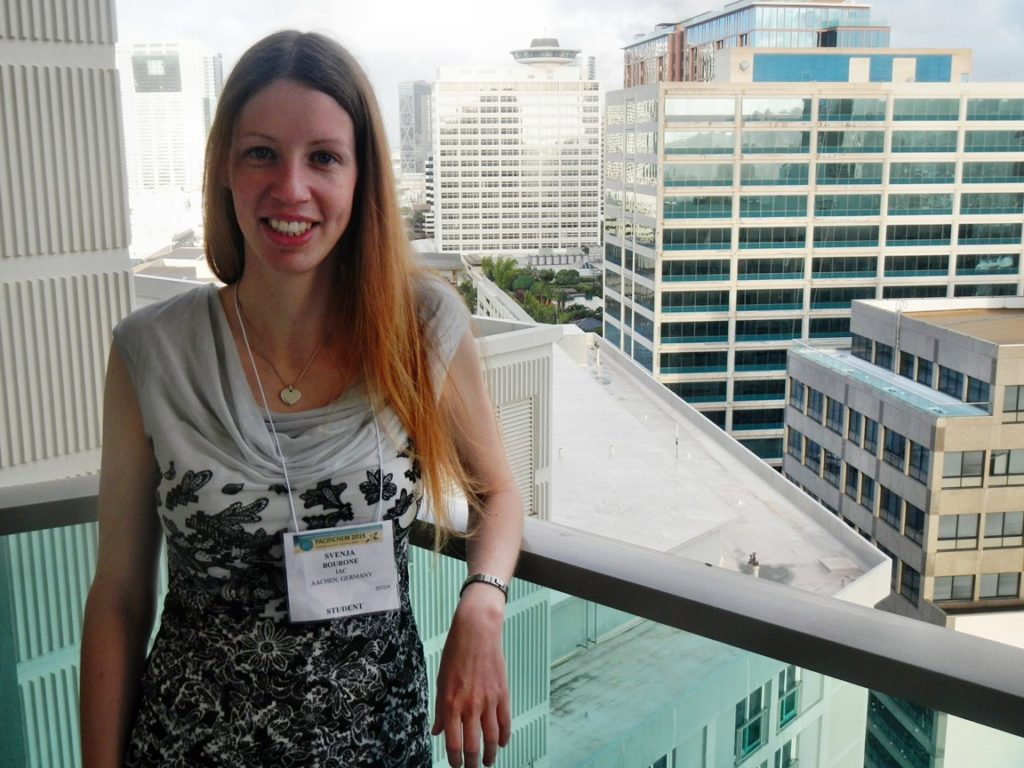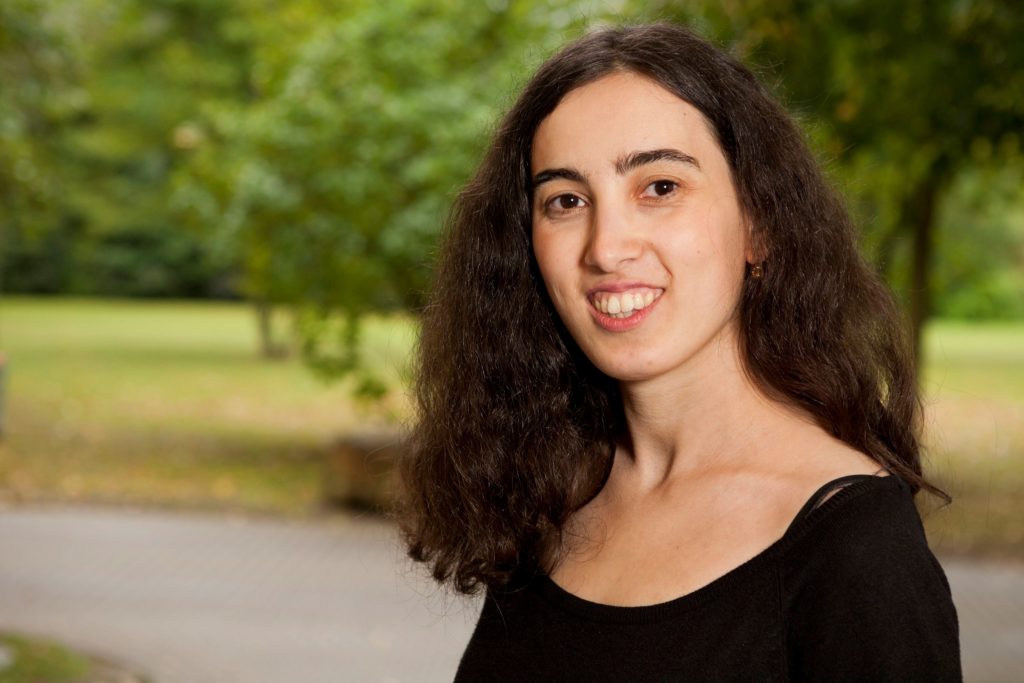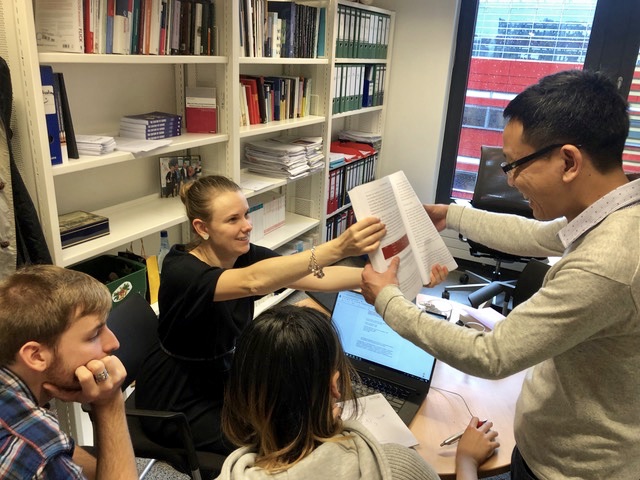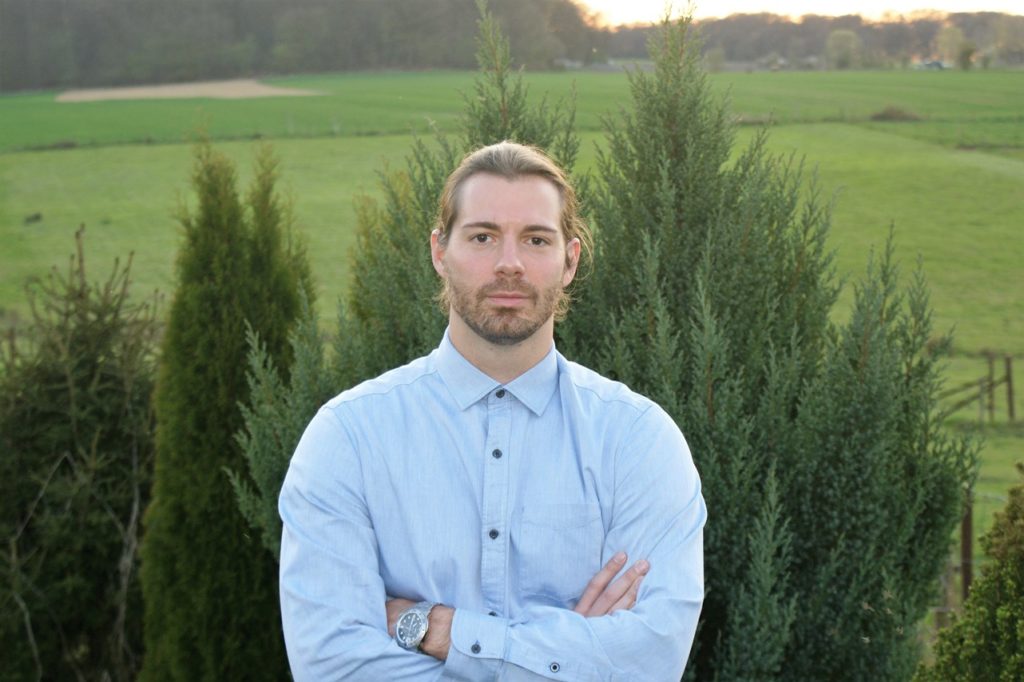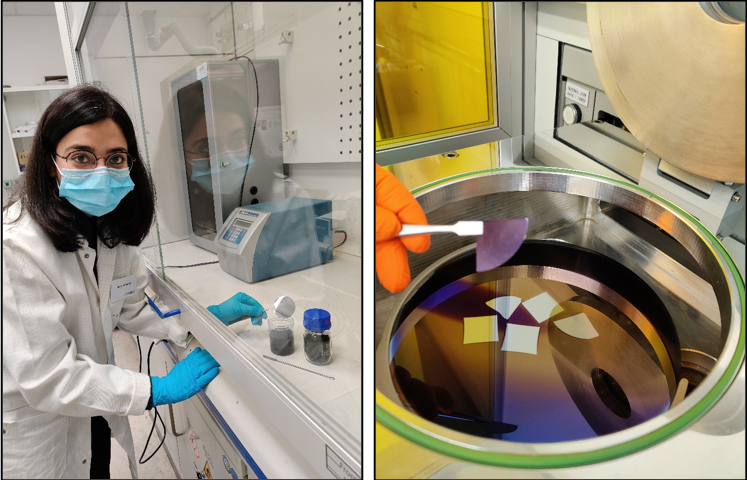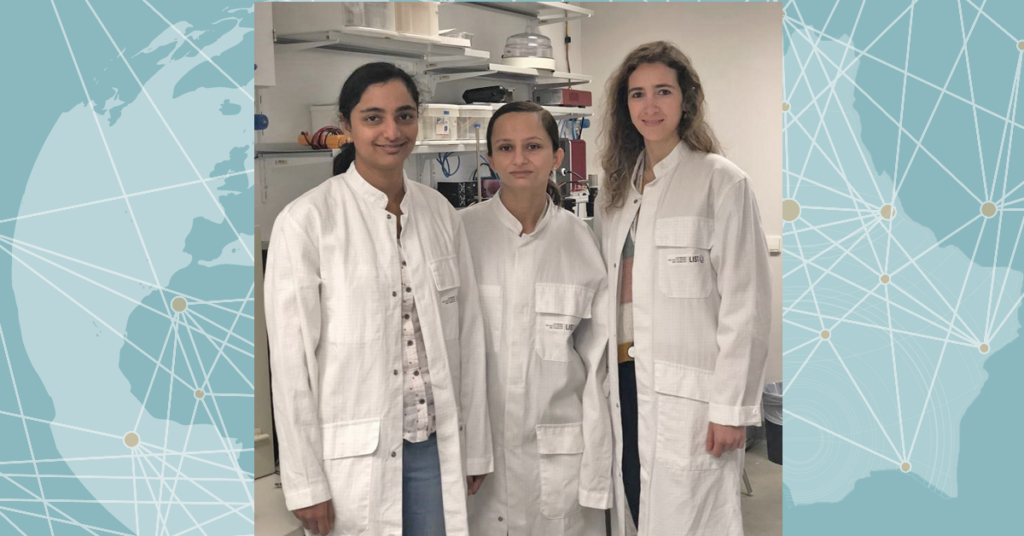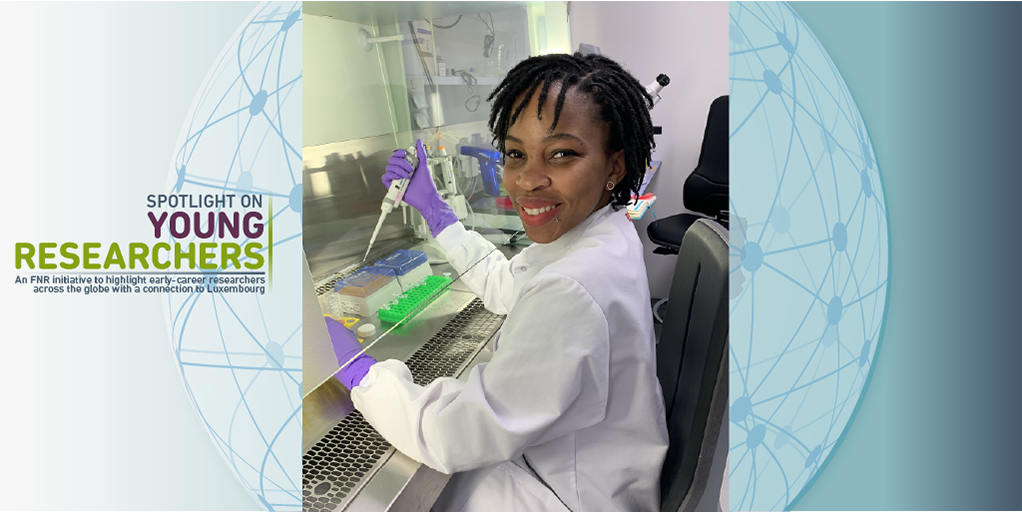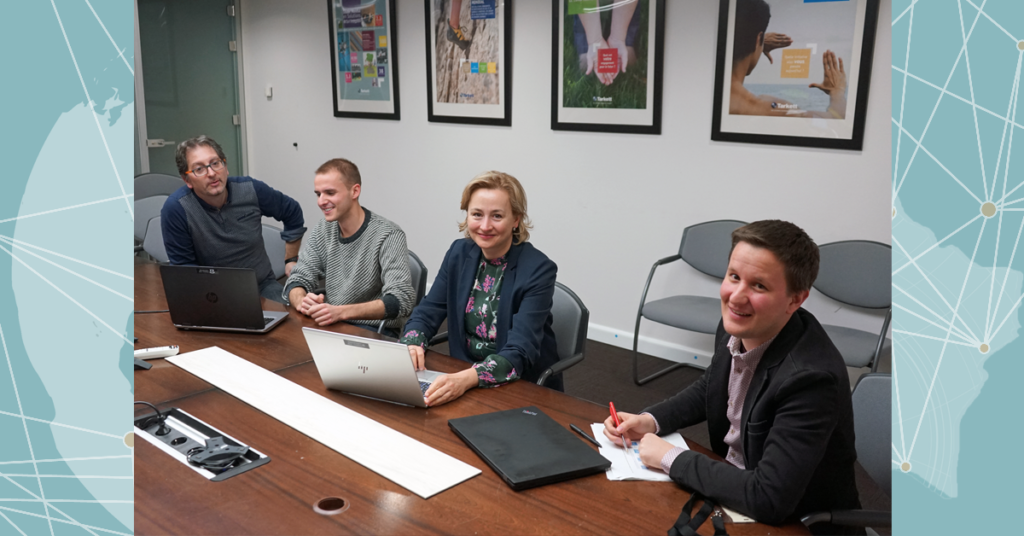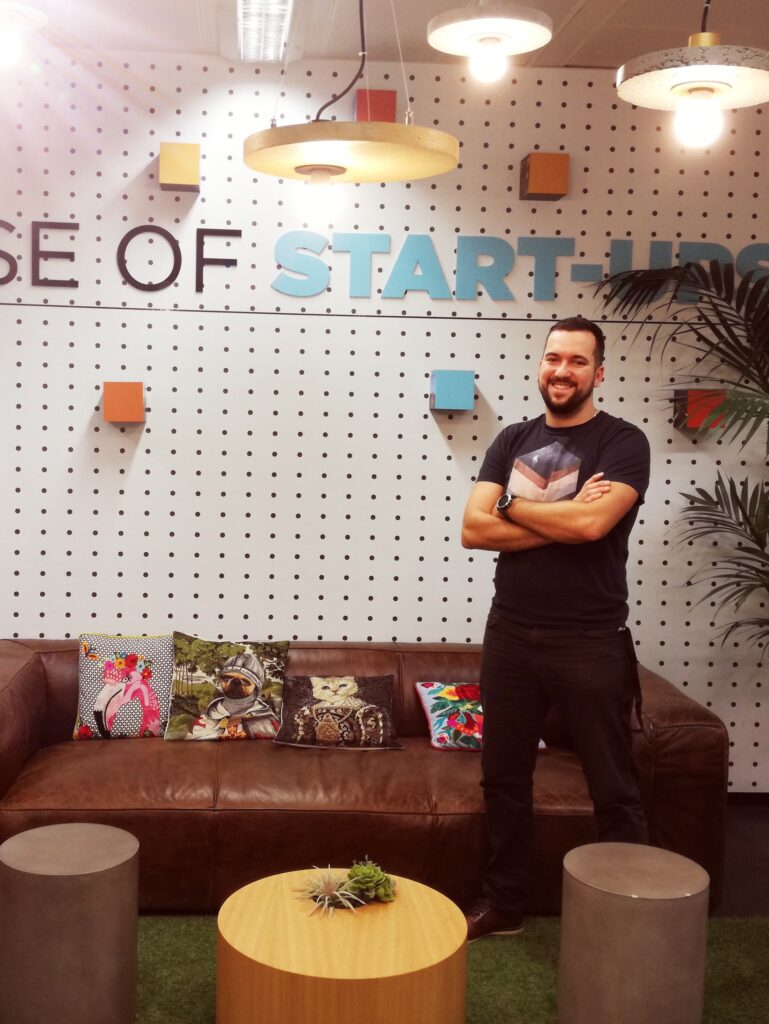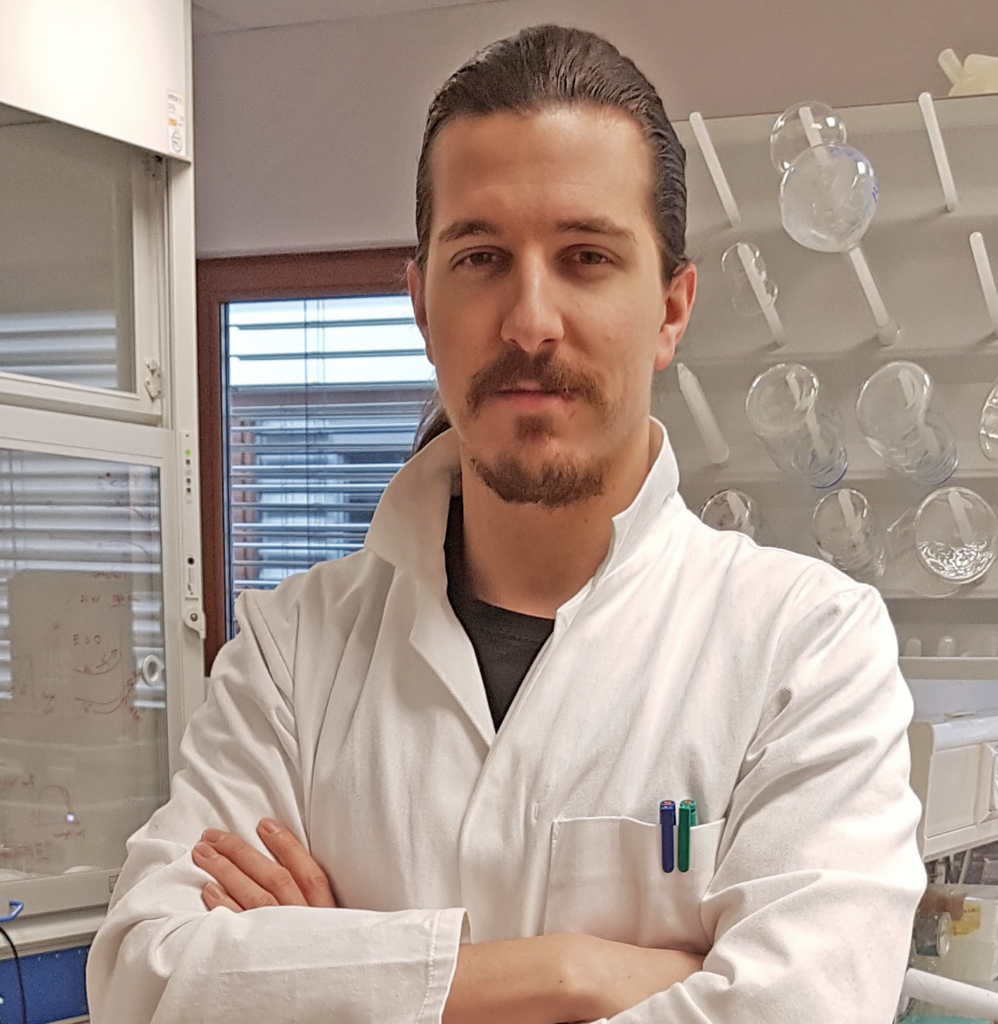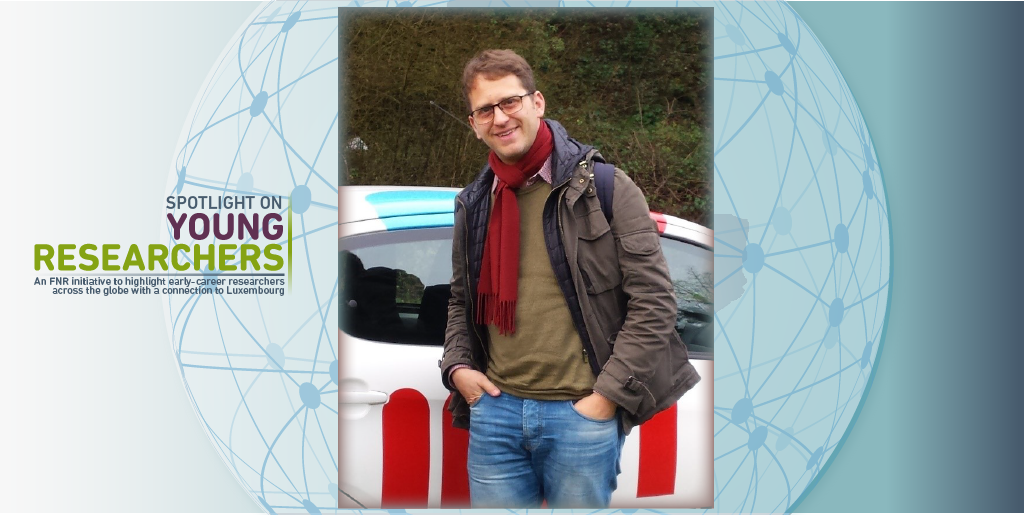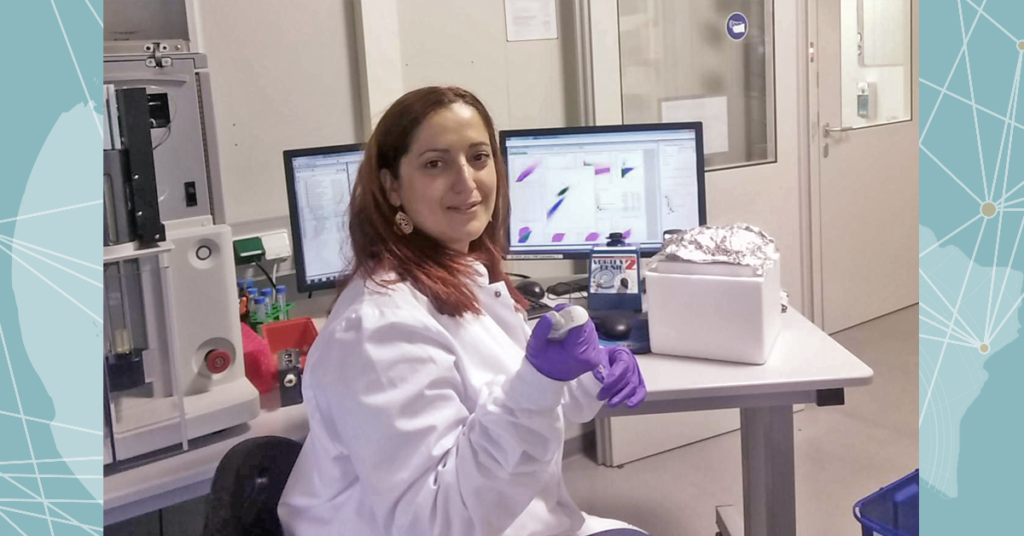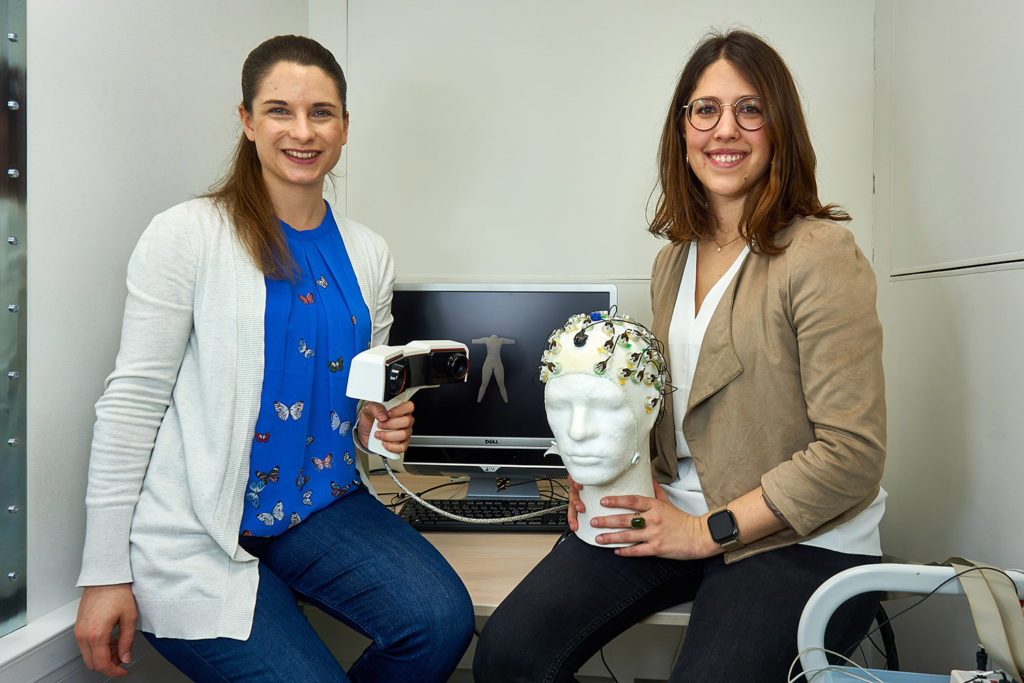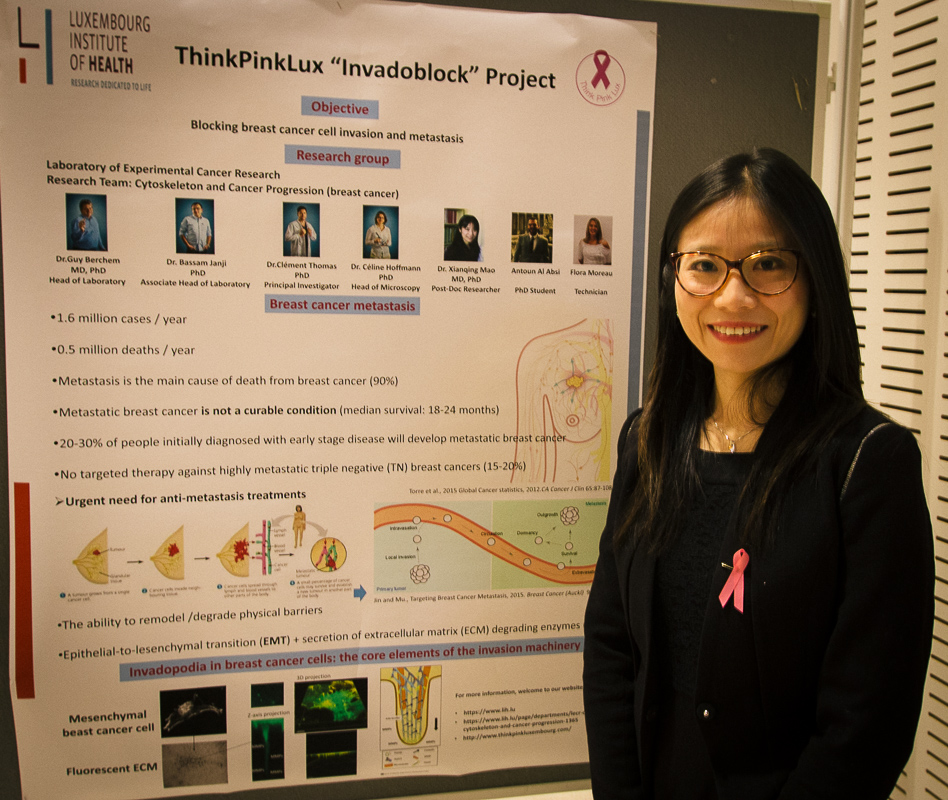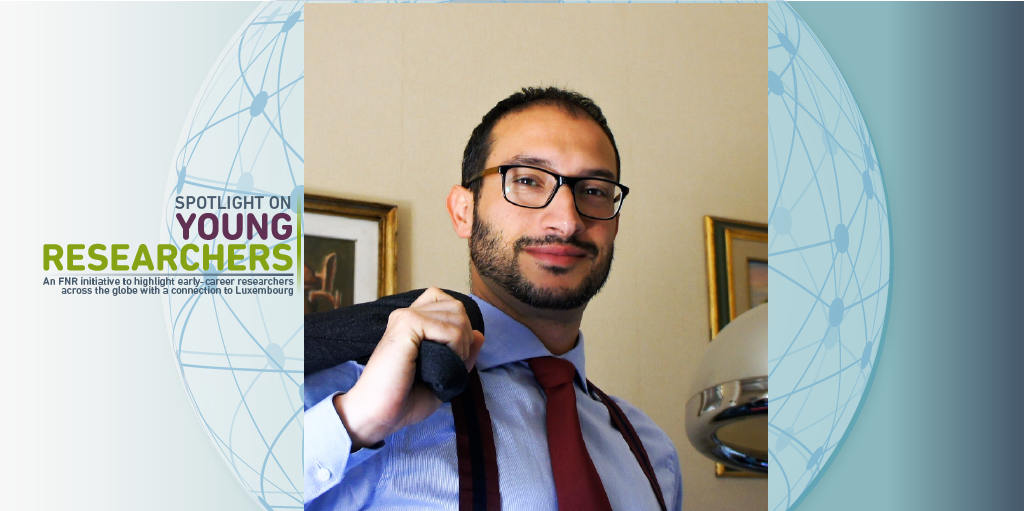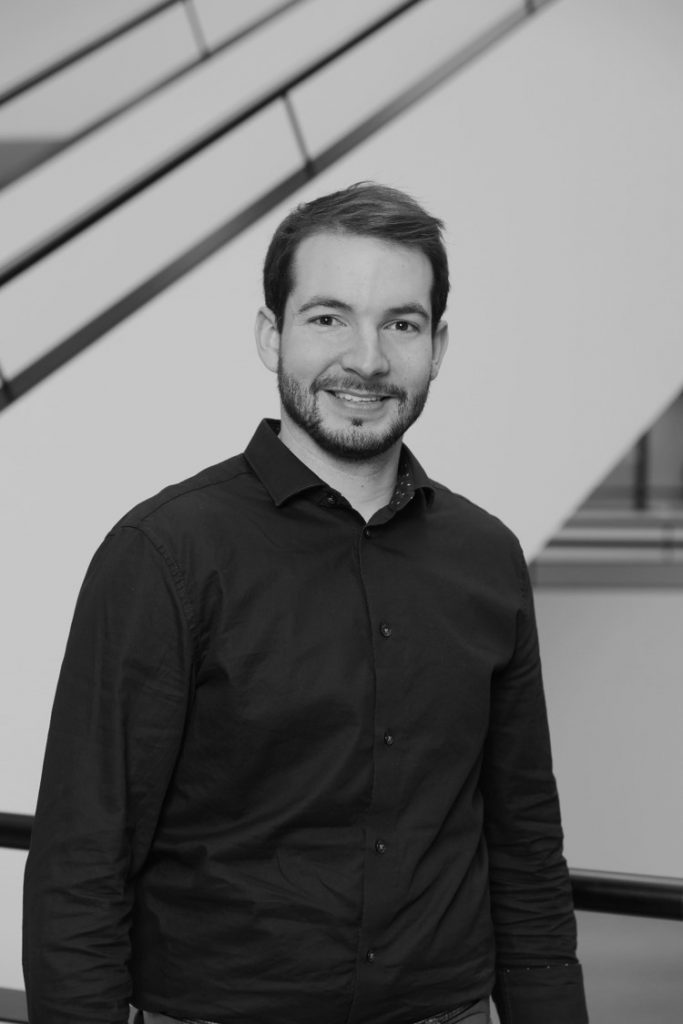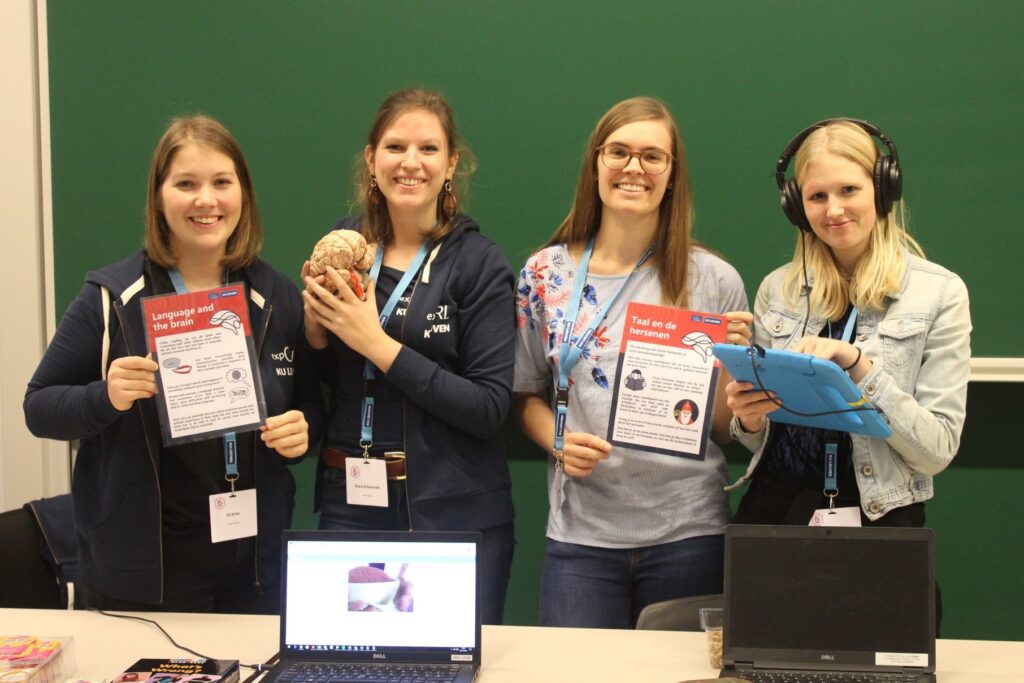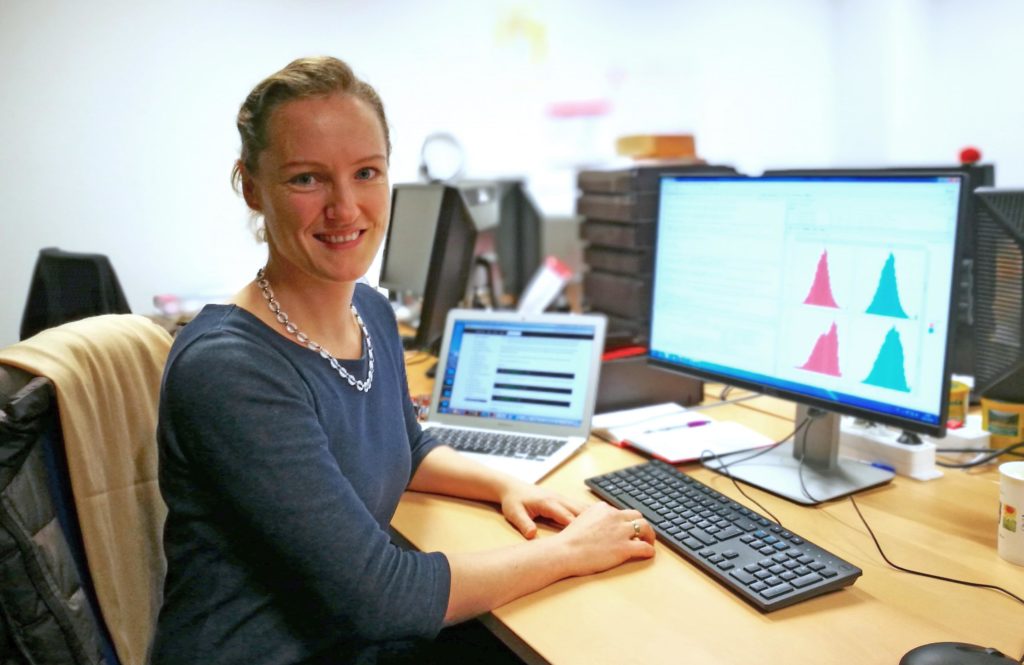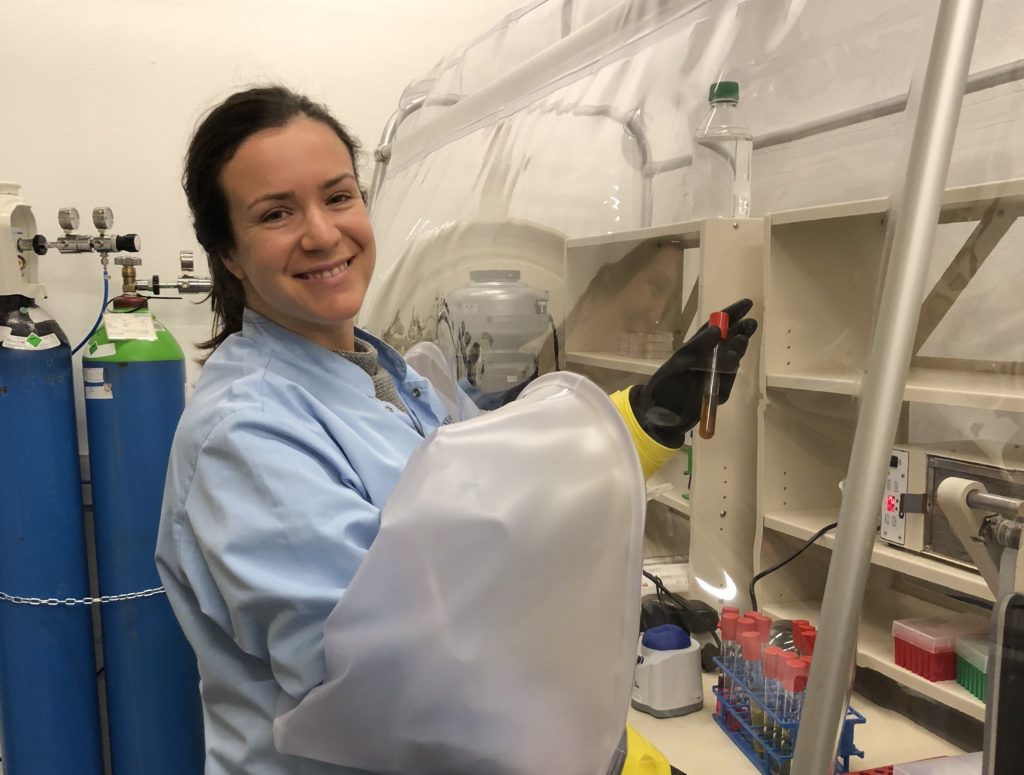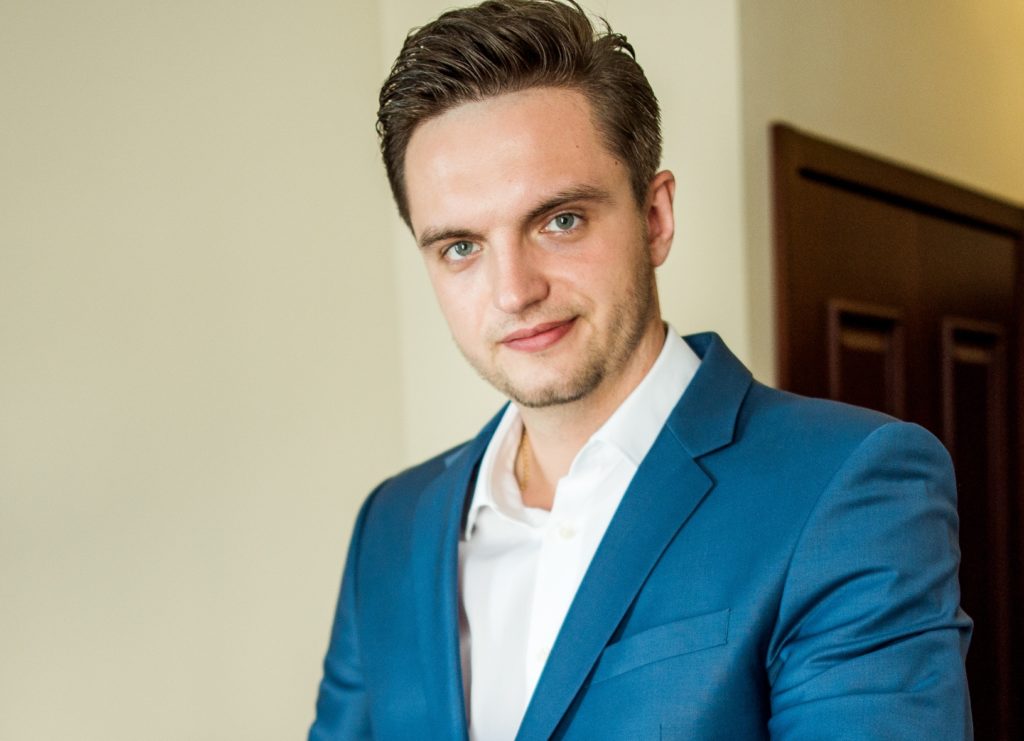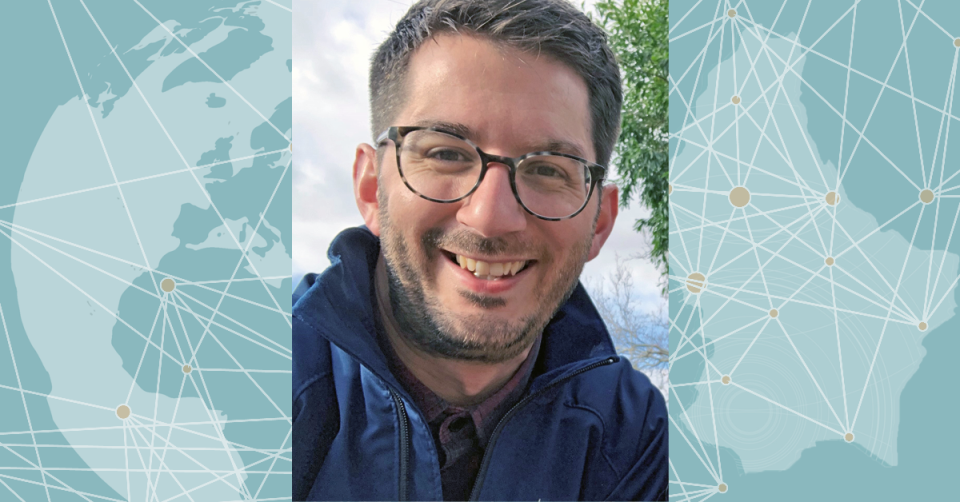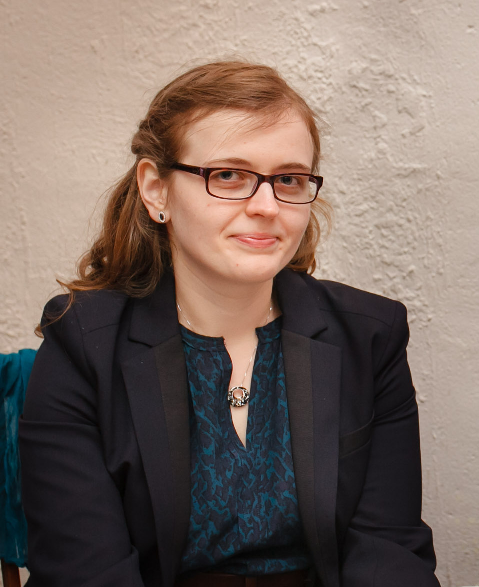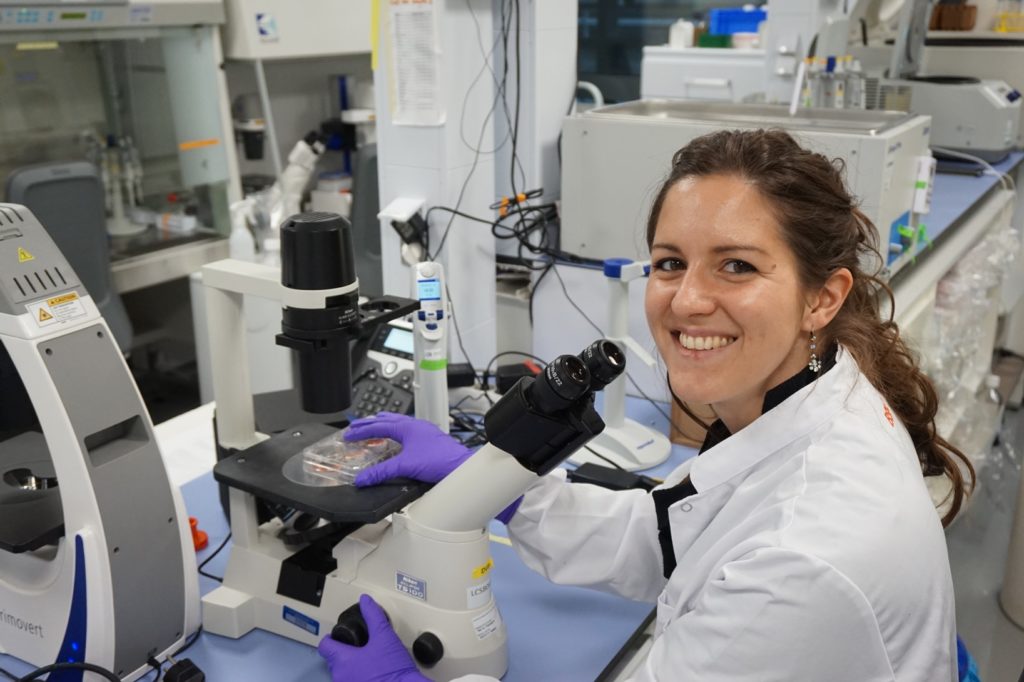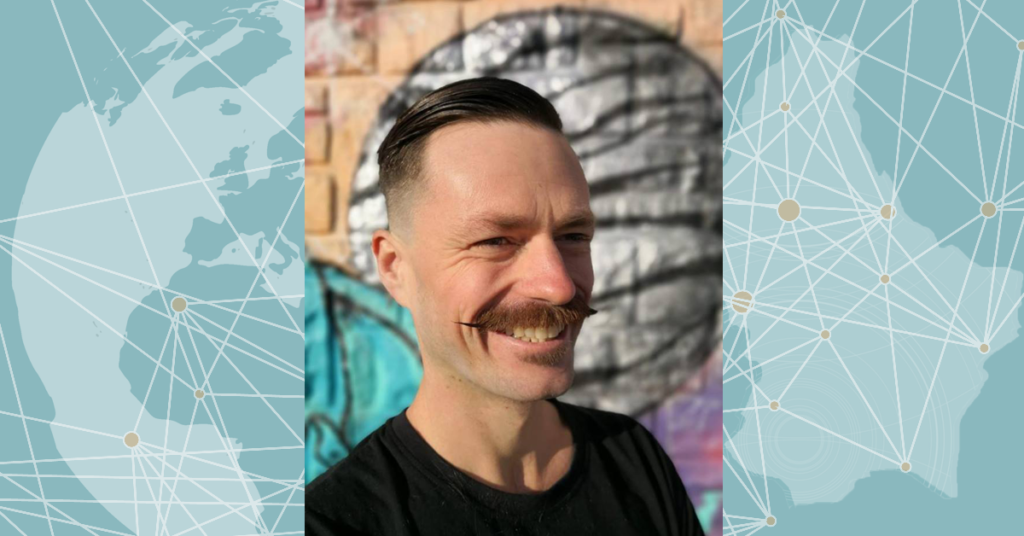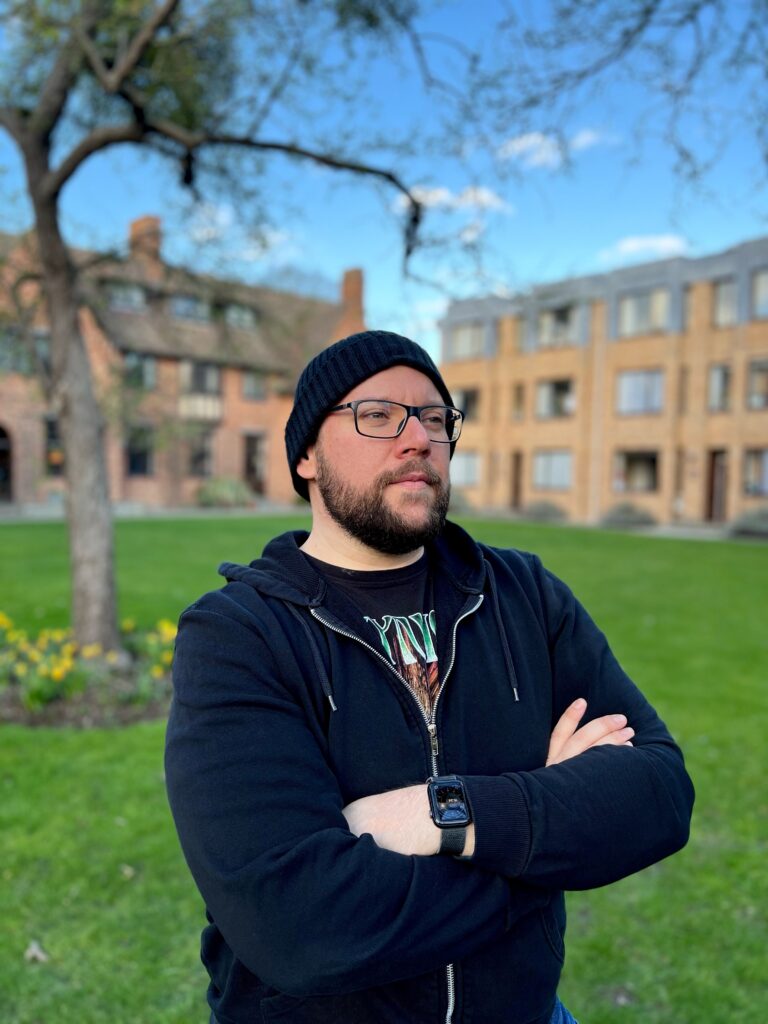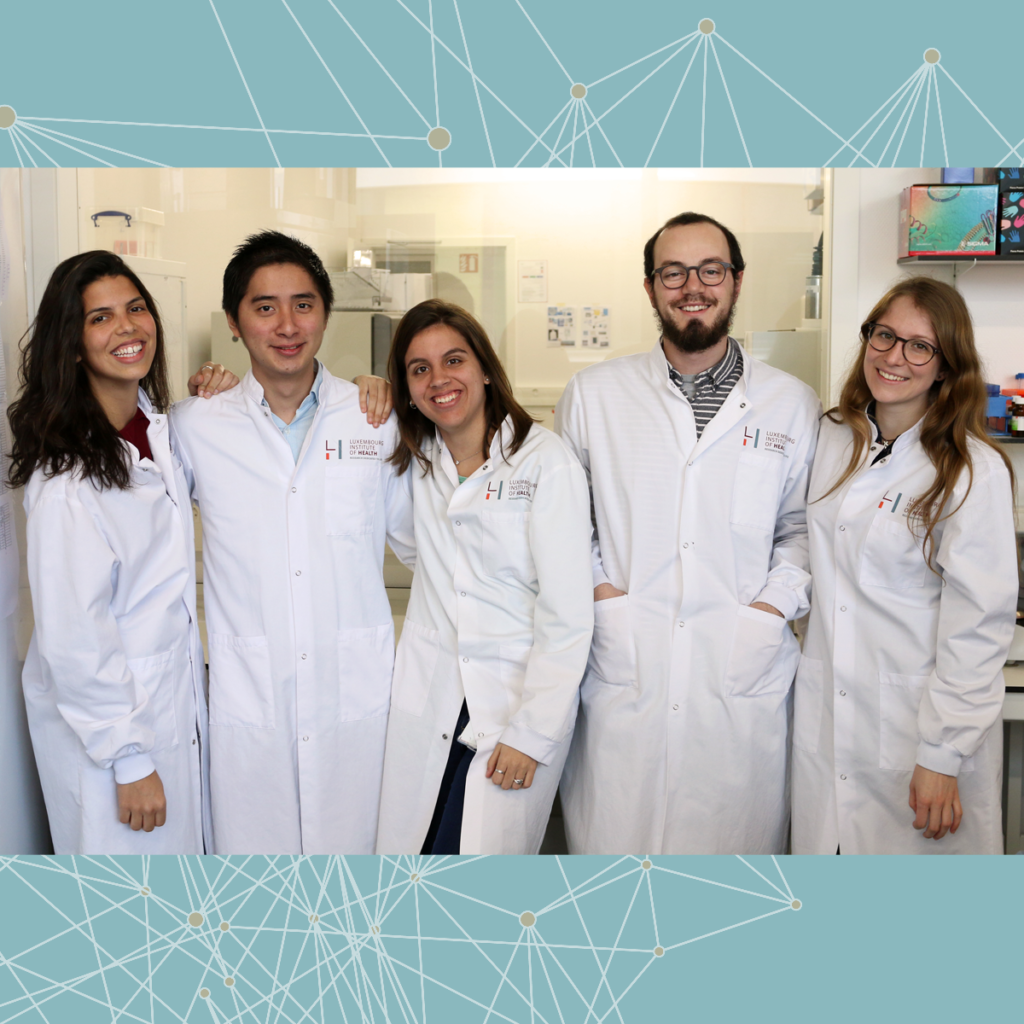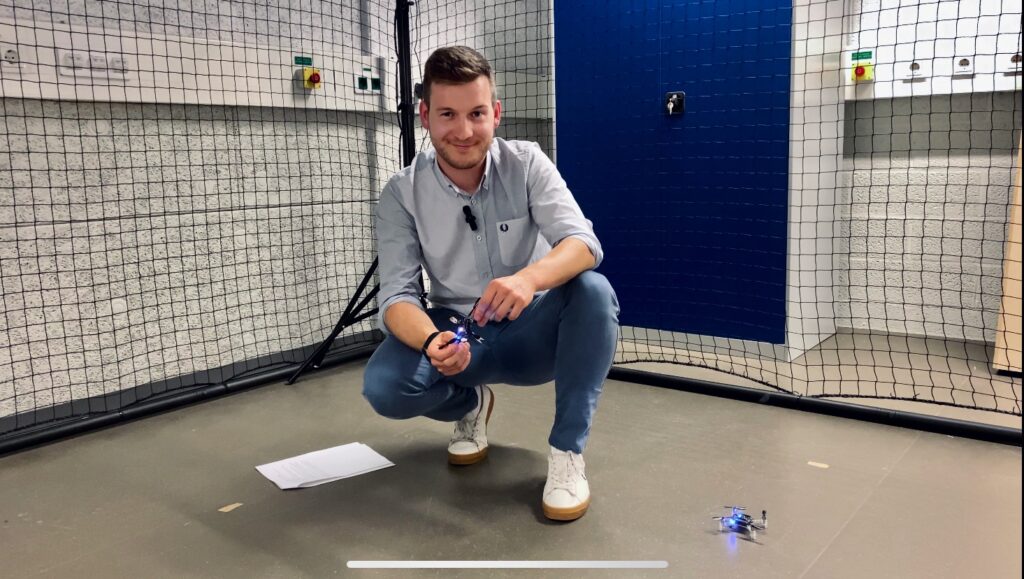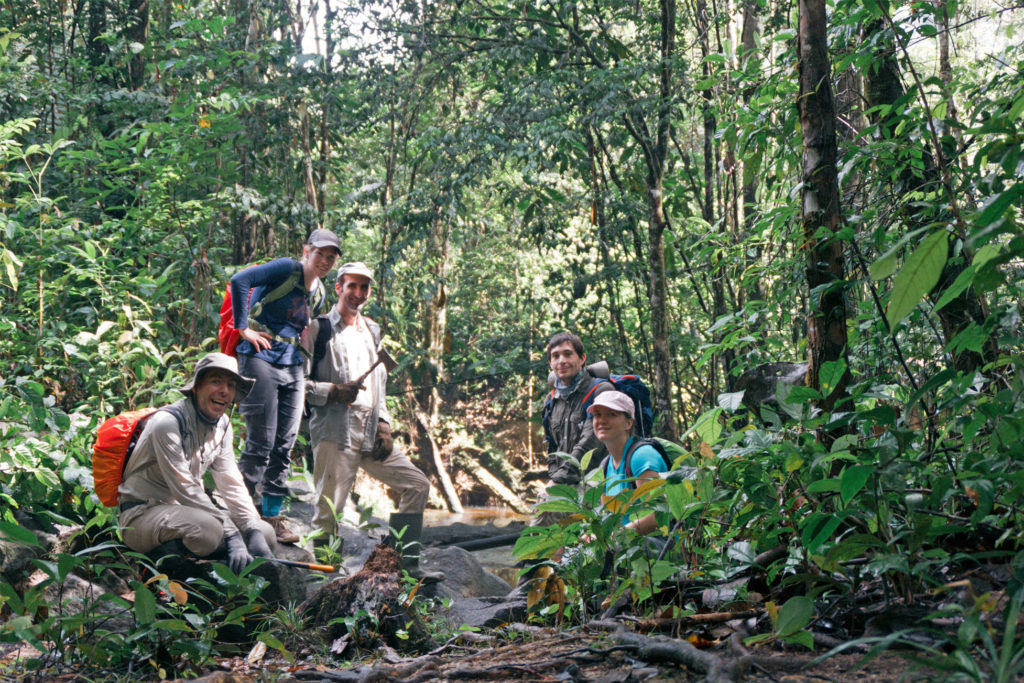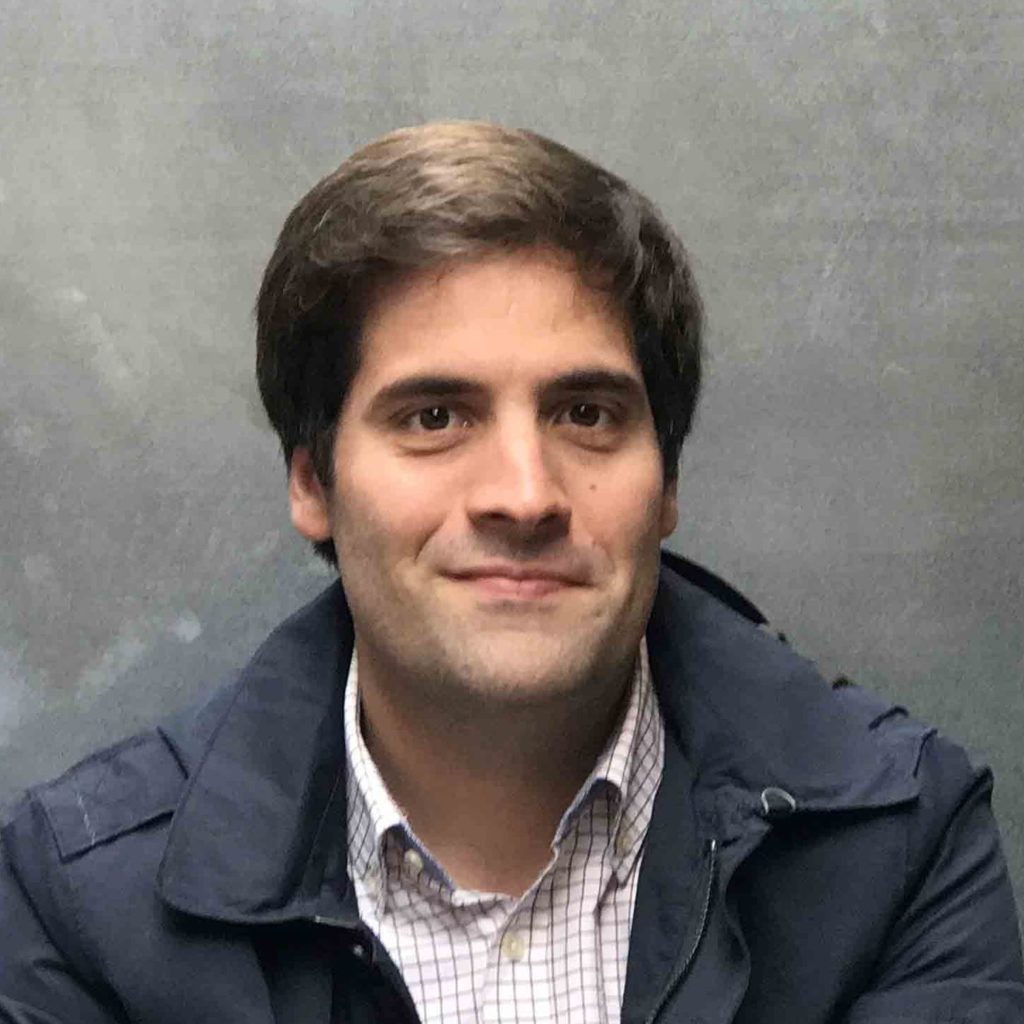
Silvia Girardi is a sociologist with an interest in studying policies that aim to contrast poverty. As part of her joint PhD at Luxembourg Institute of Socio-Economic Research (LISER) and KU Leuven, the Italian national looks at the social policies that support low-income households in Luxembourg, taking the perspectives of the citizens on the receiving end, and the social workers involved in implementation.
Silvia Girardi first came to Luxembourg in the framework of her International Master in social Policy Analysis that (at the time) was organised by KU Leuven, LISER (CEPS/INSTEAD at the time) and Associates. She had the chance to meet the people who would later become her PhD supervisors and immediately became curious about the functioning of Luxembourg’s minimum income scheme, which has been running for decades.
“I had worked and made research on a similar scheme before in my home country [Italy] so, when I realised that I could have access to the local fieldwork and I could finance my research for four years through an FNR AFR grant, I immediately took the challenge.”
Silvia had already spent four years working in the policy evaluation research field, before setting her mind on pursuing research that could contribute to the understanding of the functioning of policies for vulnerable groups in society beyond the application of the mainstream policy evaluation tools. Wanting also to gain the experience to pursue a future career as an established researcher, Silvia decided embarking on a PhD would be the best approach to reconcile those ambitions.
Taking a closer look at low income support
Silvia Girardi is now in the 4th year of her AFR PhD, investigating the conditions of people who receive income support from the Luxembourg welfare state, as their household resources are too scarce to make ends meet.
“This is often the case of people who cannot work or do work but their household earnings are lower than what is considered as the minimum by a state to make ends meet. In the world of welfare provision, these schemes are referred to as ‘social assistance’ and/or ‘minimum income schemes’,” Silvia explains.
Schemes such as these enable people to receive support, providing they tick the boxes on certain eligibility criteria, such as low household income, residence, and being available for work.
“Because of the conditionality to work, some countries combine those schemes with the provision of ‘activation’ policies to support people to find a job. The assumption is that work improves the financial independence and the social inclusion of people,” Silvia states, elaborating:
“Precisely on this point, my PhD research investigates how ‘activation’ policies support people independence from state support, their chances of finding a ‘decent’ job and to be included in society.
“Besides looking at the outcomes of activation policies for beneficiaries receiving social assistance support, I also investigate their functioning and their provision by analysing the role of state employees (e.g. social workers) in managing and delivering these policies. My research focuses on the empirical case of Luxembourg where work reinsertion activation schemes have had a long history within the national social assistance scheme, the ‘Revenu Minimum Garanti’.”
Perspective is key
Silvia conducts her research at the Luxembourg Institute of Socio-Economic Research (LISER), but also in Belgium at KU Leuven, where she is based at the Centre for Sociological Research. The project is interdisciplinary in nature, giving Silvia the chance to also collaborate with three research groups working on ‘Living Conditions’ at LISER, ‘Employment and Labour Market Studies’ and ‘Social Policy & Social Work’ at KU Leuven.
Adopting the perspectives of the people who are supported by this policy for low-income households, as well as the professionals involved in implementing it, Silvia looks at the evaluation of the outcomes of the policy, by taking into account the needs of the people on the receiving end of the policy.
“This differs from mainstream policy evaluation where policy makers and/or researchers decide the outcomes that the policy should be evaluated against upfront,” Silvia explains, adding:
“Besides looking at the outcome of policy, I also investigate the functioning of the policy by giving voice to professionals – like social workers – who engage in the delivery of the policy and support to their clients on a daily basis.
“I provide an understanding of their work practices as resulting from the pressure of the context they are situated in – such as law and regulations, organisational dynamics, and professional identity. To do that, I combine quantitative and qualitative methods by using both statistical analysis – to understand how broad is the phenomenon in the overall population of interest – and the analysis of the narratives people have shared during the interviews. This helps to understand their needs and the factors underlying the role of activation for their social inclusion.”
One aim of Silvia’s approach is to shed new light on policymaking, but also to benefit the social policy research debate in the sense of how to reconceive a balance between the rights and obligations of the citizens receiving minimum income support.
“More broadly, this way of looking at policies can have a strong impact on the way we decide – as society, as policy-makers, as academics – to look, evaluate and redesign policies. In a historical period in which the welfare state is under strain, it is of upmost importance to reflect upon the type of societies we want to live in (e.g. more inclusive or segregated?) and how the welfare state can address the needs and safeguard the rights of the people in our currently fast changing societies.”
“We have so much to learn from each other”
Nearing the completion of her PhD, Silvia explains she wants to continue working as a researcher and build on the findings of her PhD, a topic that has opened avenues for further investigation on a range of issues relating to social policy. Additionally, Silvia says it would be interesting to link her current empirical case on Luxembourg with comparative perspectives on other EU countries – an area with limited research to date:
“I am deeply convinced that we have so much to learn from each other to reflect upon how the different national welfare state developed during the past century if we want to find new ways to envisage a welfare state (maybe an European one?) that can support people in turbulent times to cope with the economic and social challenges of the century ahead.
“At present, comparative research on the role of activation within minimum income schemes for the people is still quite limited despite the relevance of the reforms that have occurred in the field.
“A major reform has also taken place recently in Luxembourg, regarding the role of work and activation within the national minimum income scheme (a new scheme named ‘REVIS’ was introduced in January 2019).
“This reform calls for an investigation at the national level, to account for the transformation of provision over time, both in terms of its implementation as well as for the repercussion that these changes are having on the life of people affected by the policy.
“I would be thrilled to be at the frontline of that investigation but I think much of my wishes and the possibility to pursue them after my PhD will depend on the availability and the possibility to secure funding.”
About Spotlight on Young Researchers
Spotlight on Young Researchers is an FNR initiative to highlight early career researchers across the world who have a connection to Luxembourg. The campaign is now in its 4th year, with 45+ researchers already featured. Discover more young researcher stories below.
More in the series SPOTLIGHT ON YOUNG RESEARCHERS
- All
- Cancer research
- Environmental & Earth Sciences
- Humanities & Social Sciences
- Information & Communication Technologies
- Law, Economics & Finance
- Life Sciences, Biology & Medicine
- Materials, Physics & Engineering
- Mathematics
- Research meets industry
- Spotlight on Young Researchers
- Sustainable resource mgmt
- Women in science


